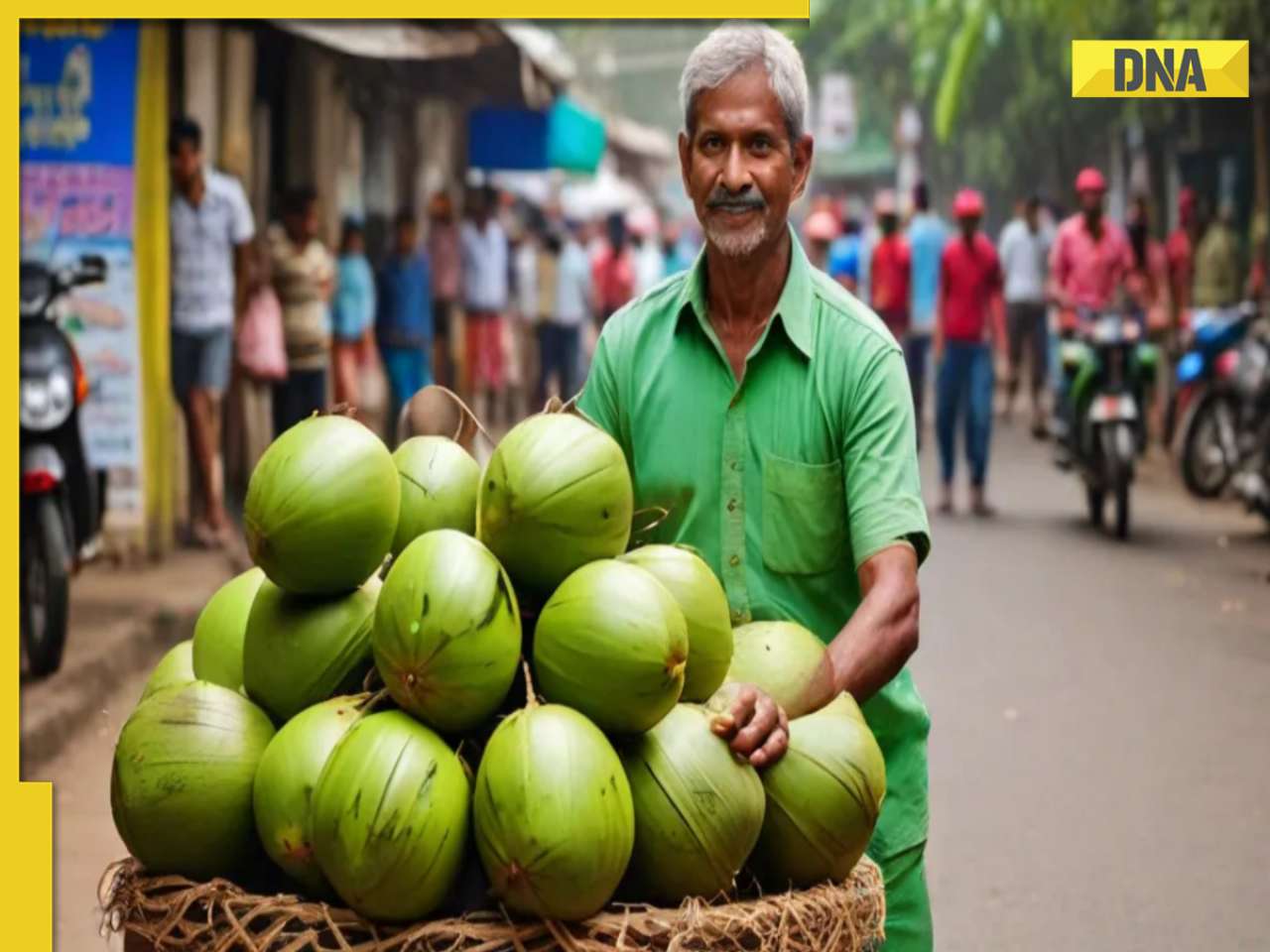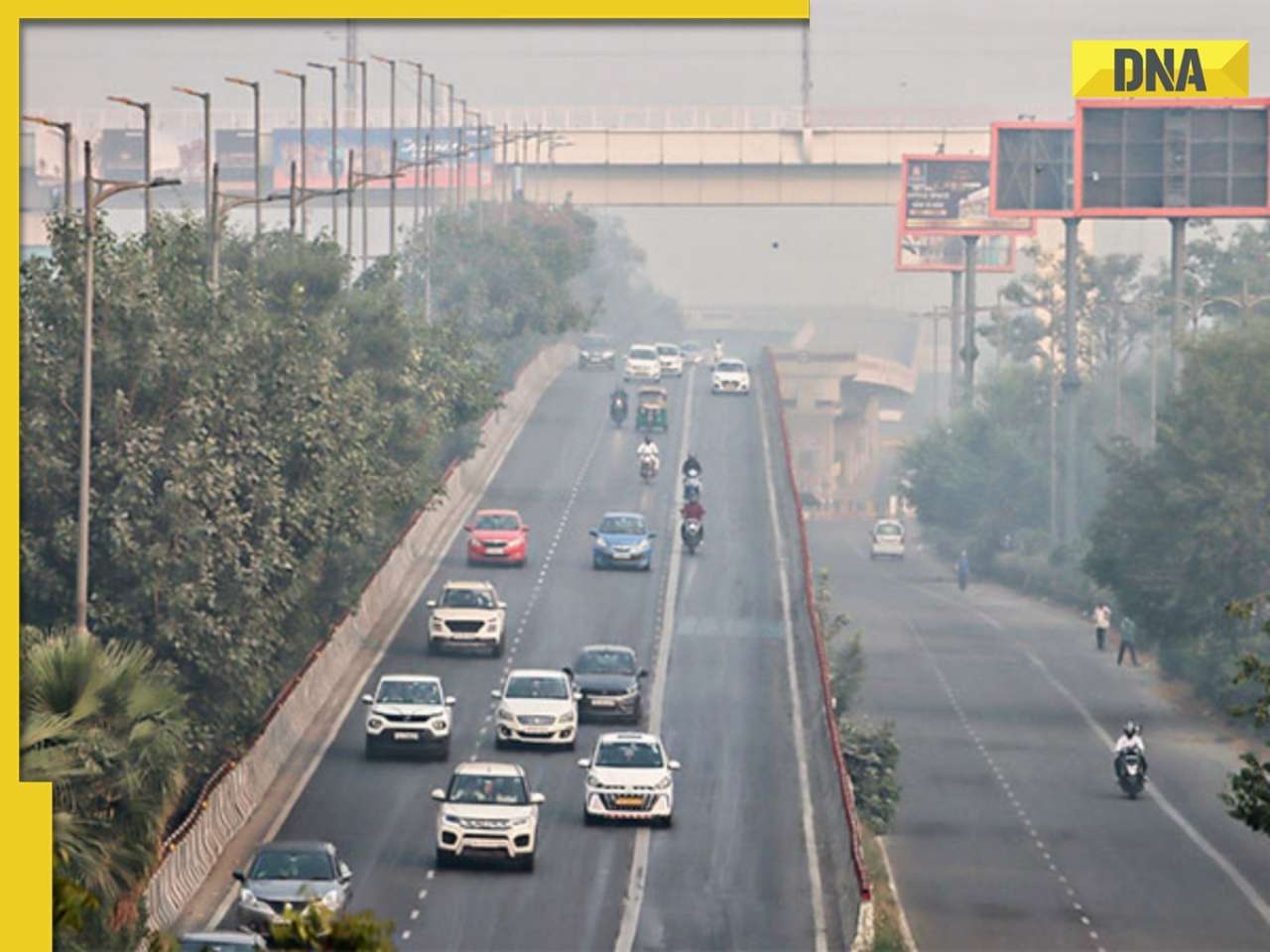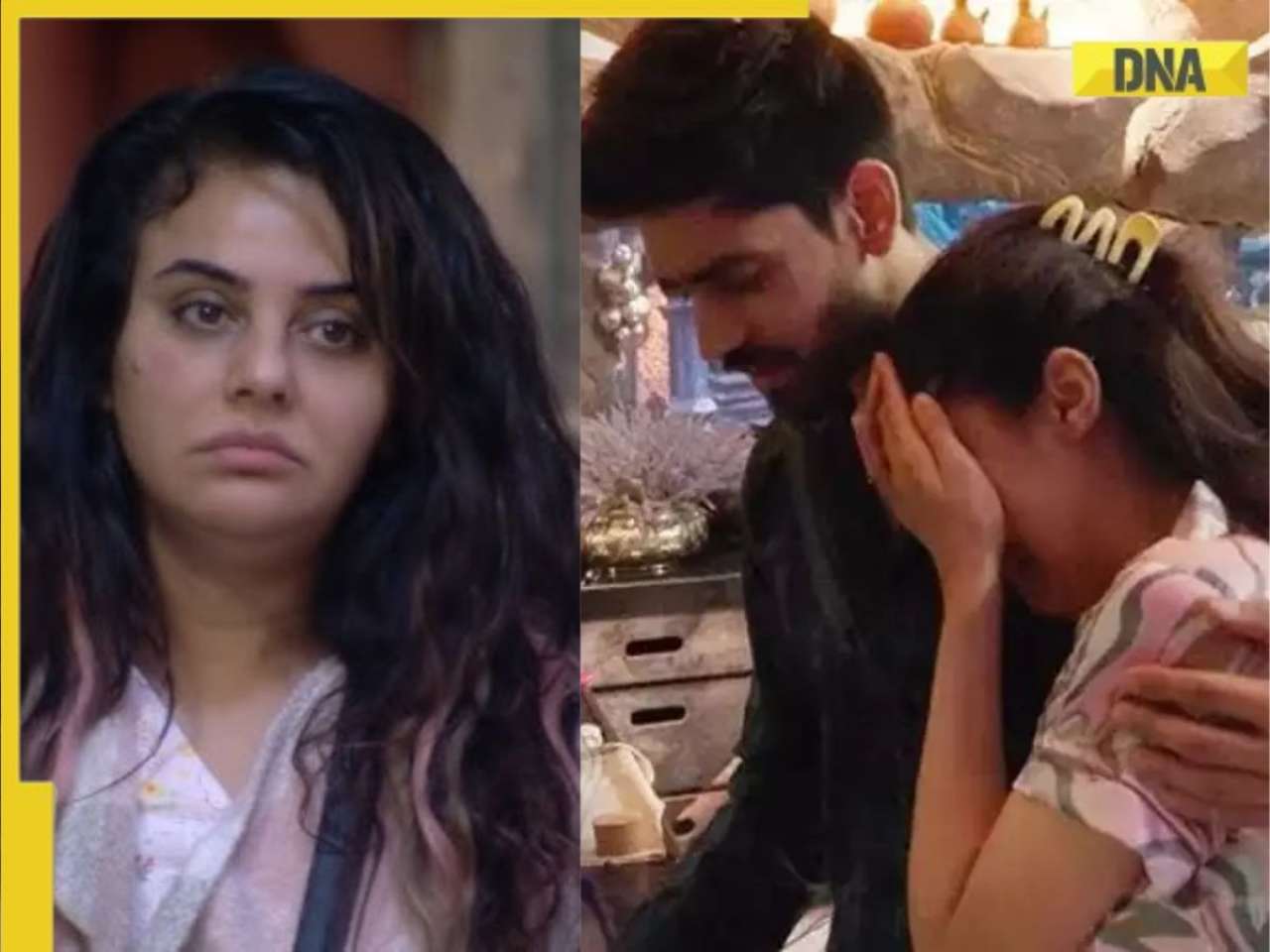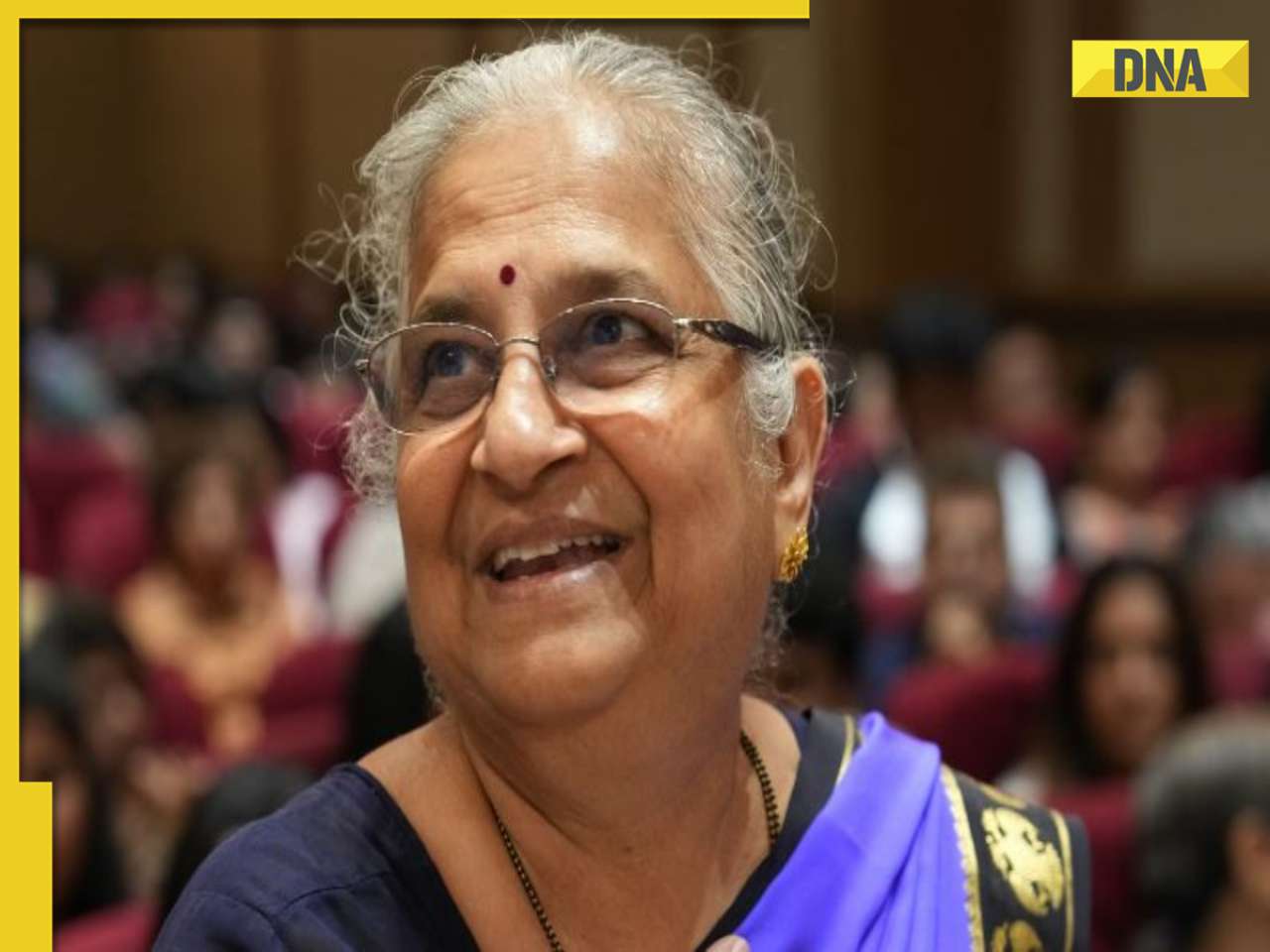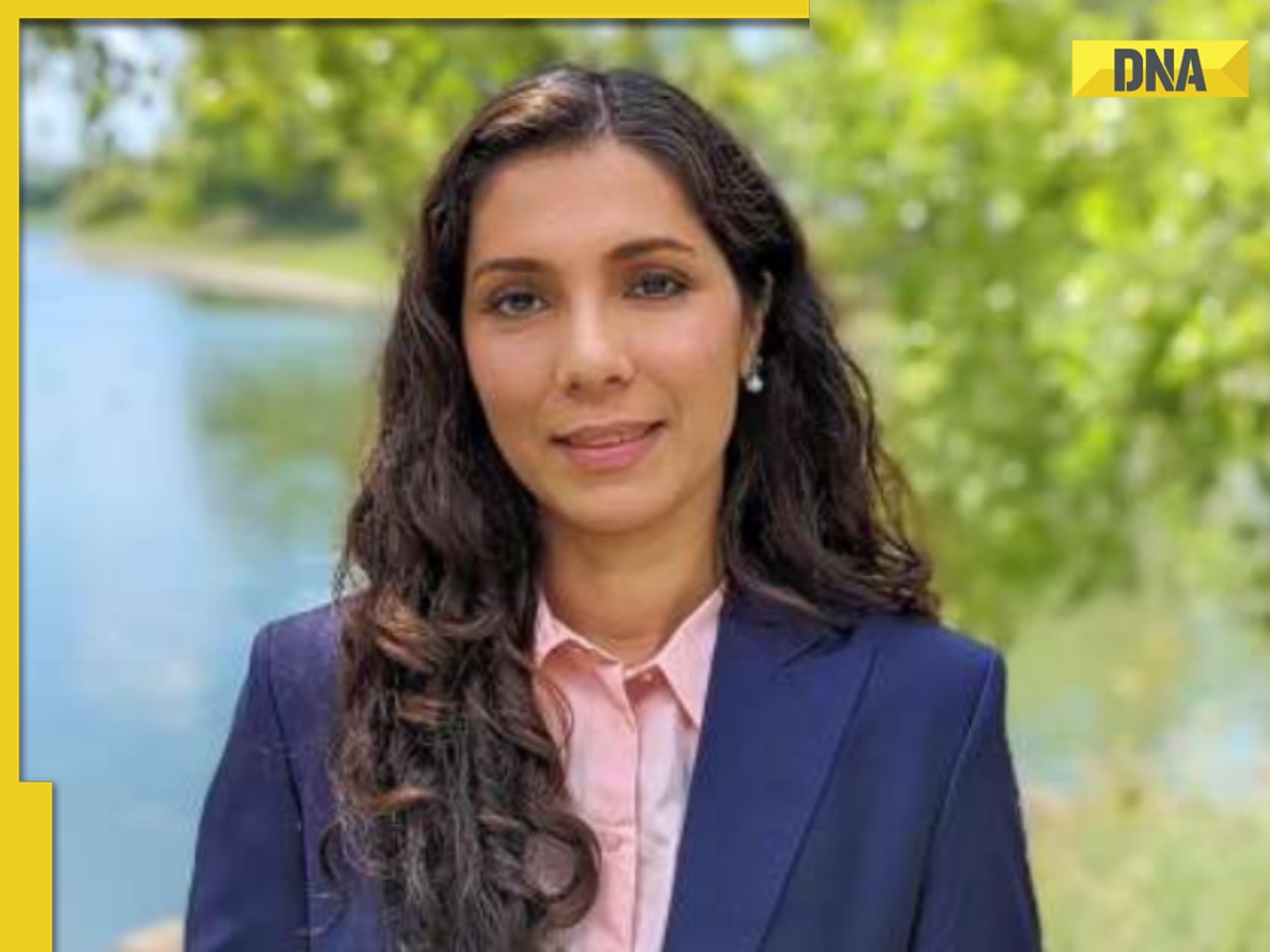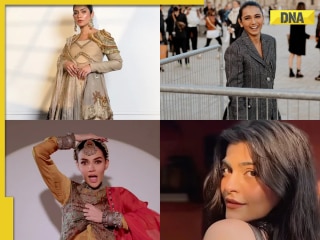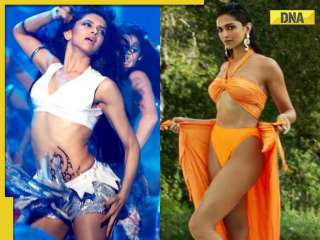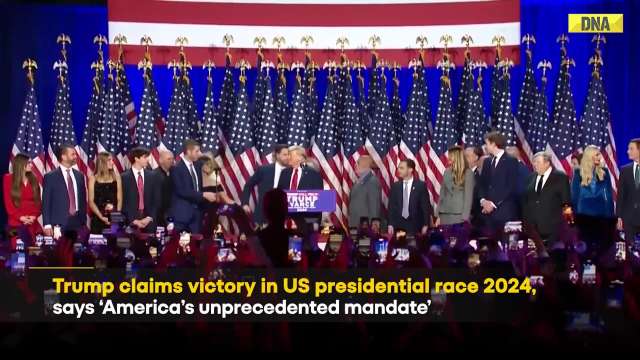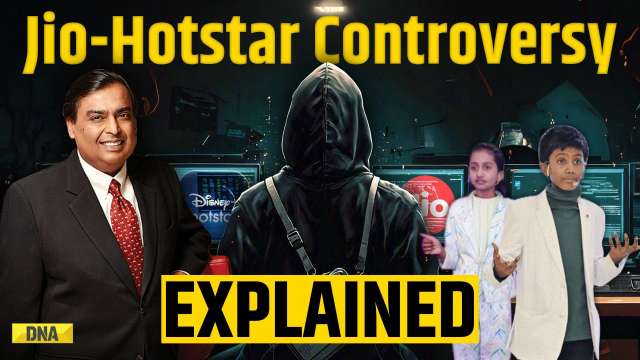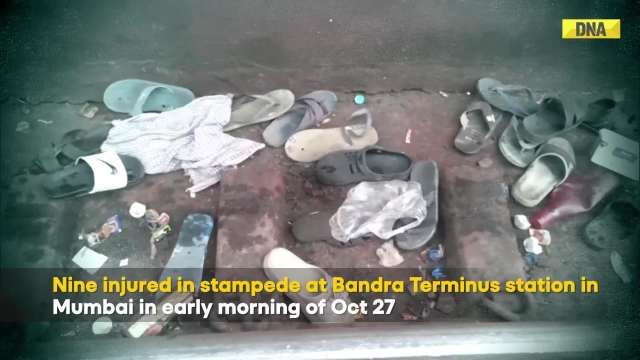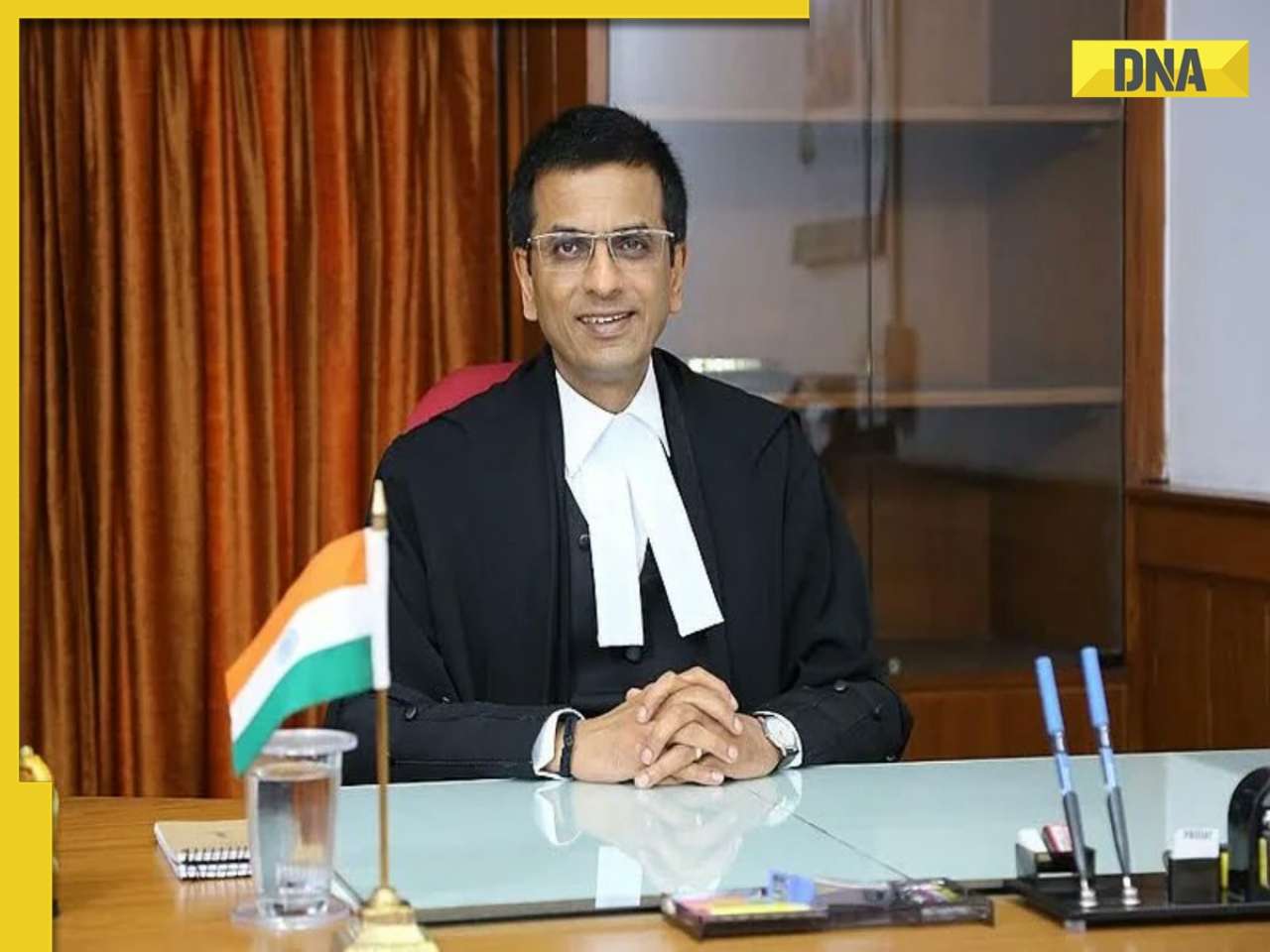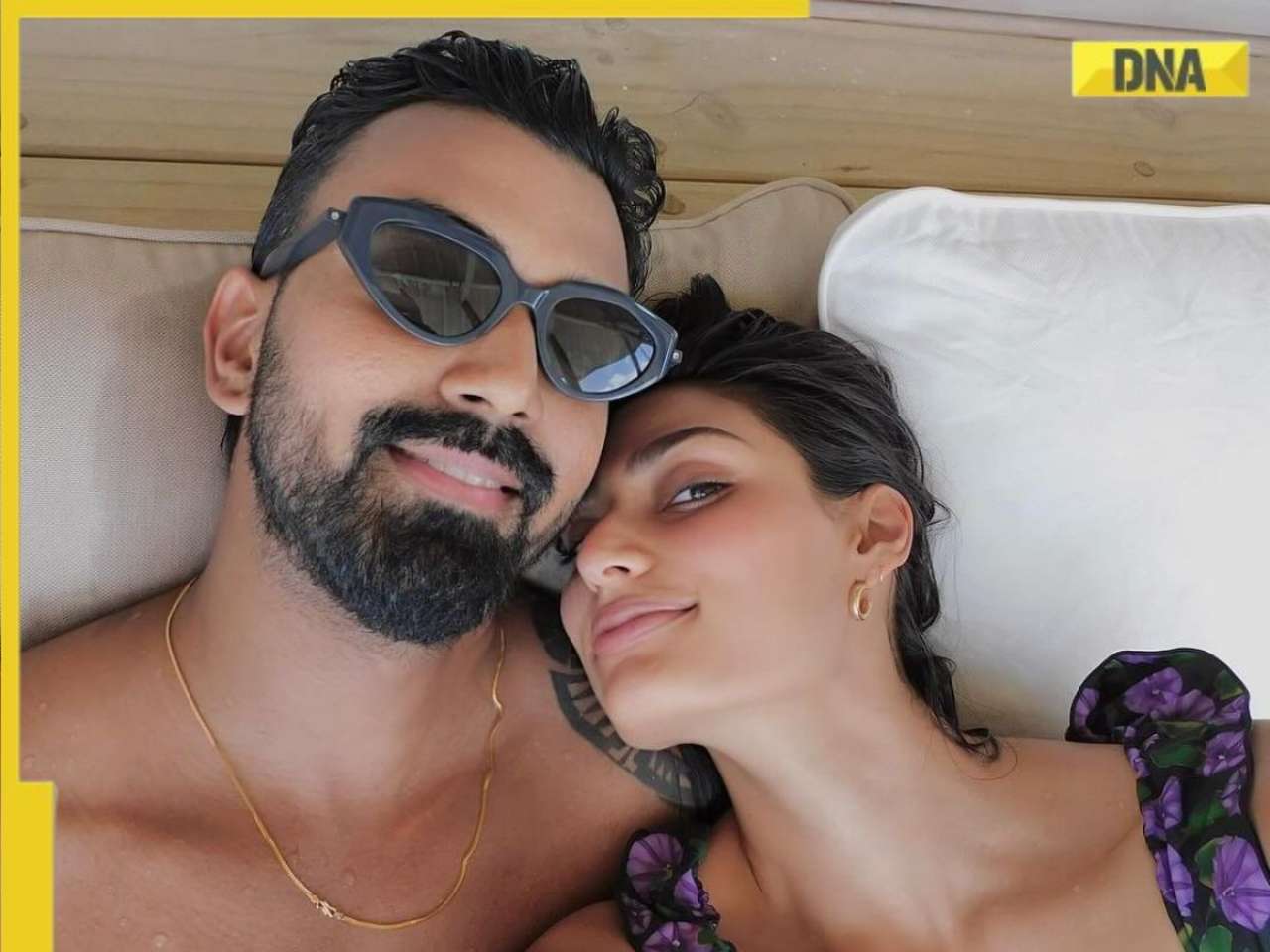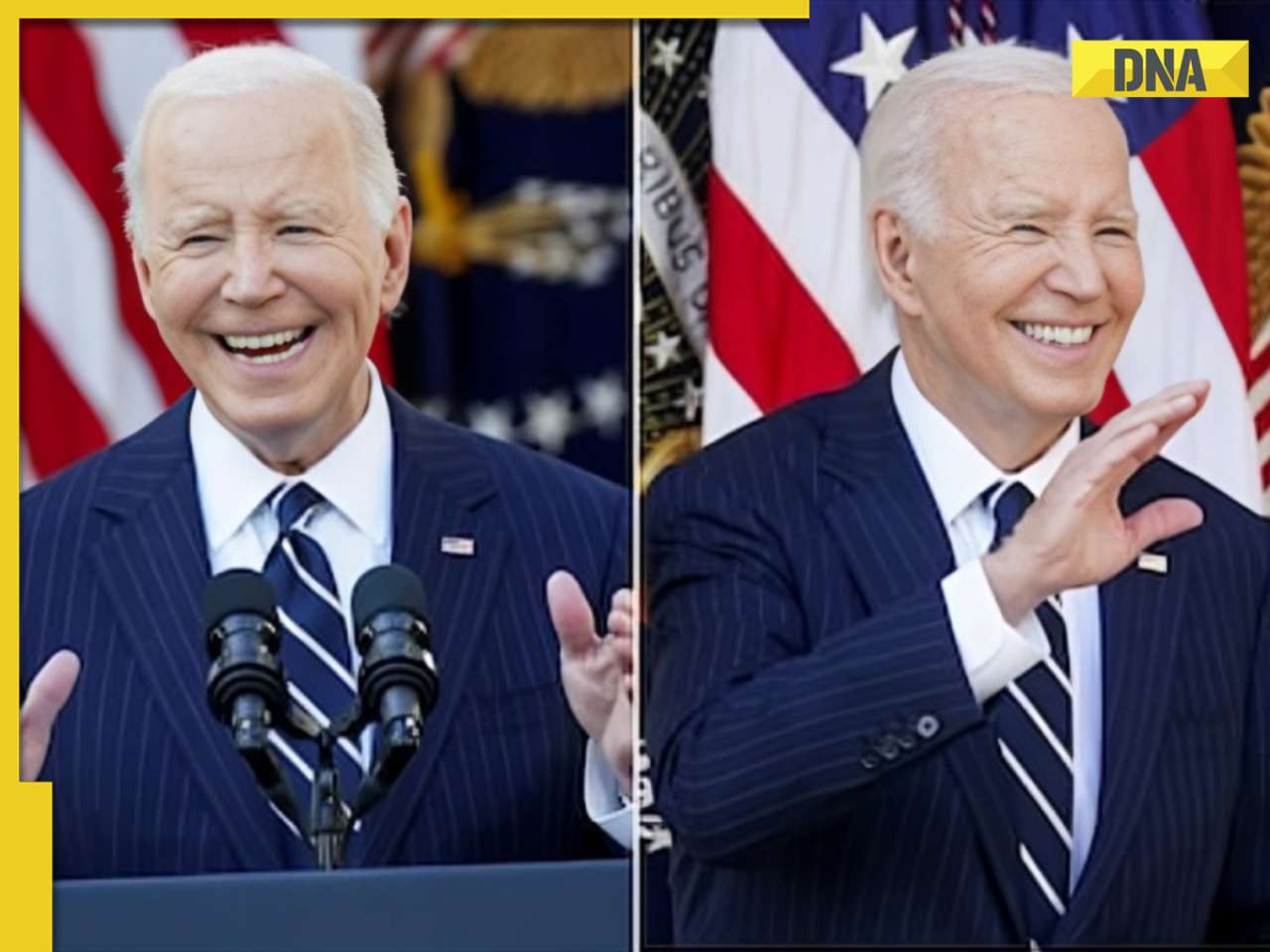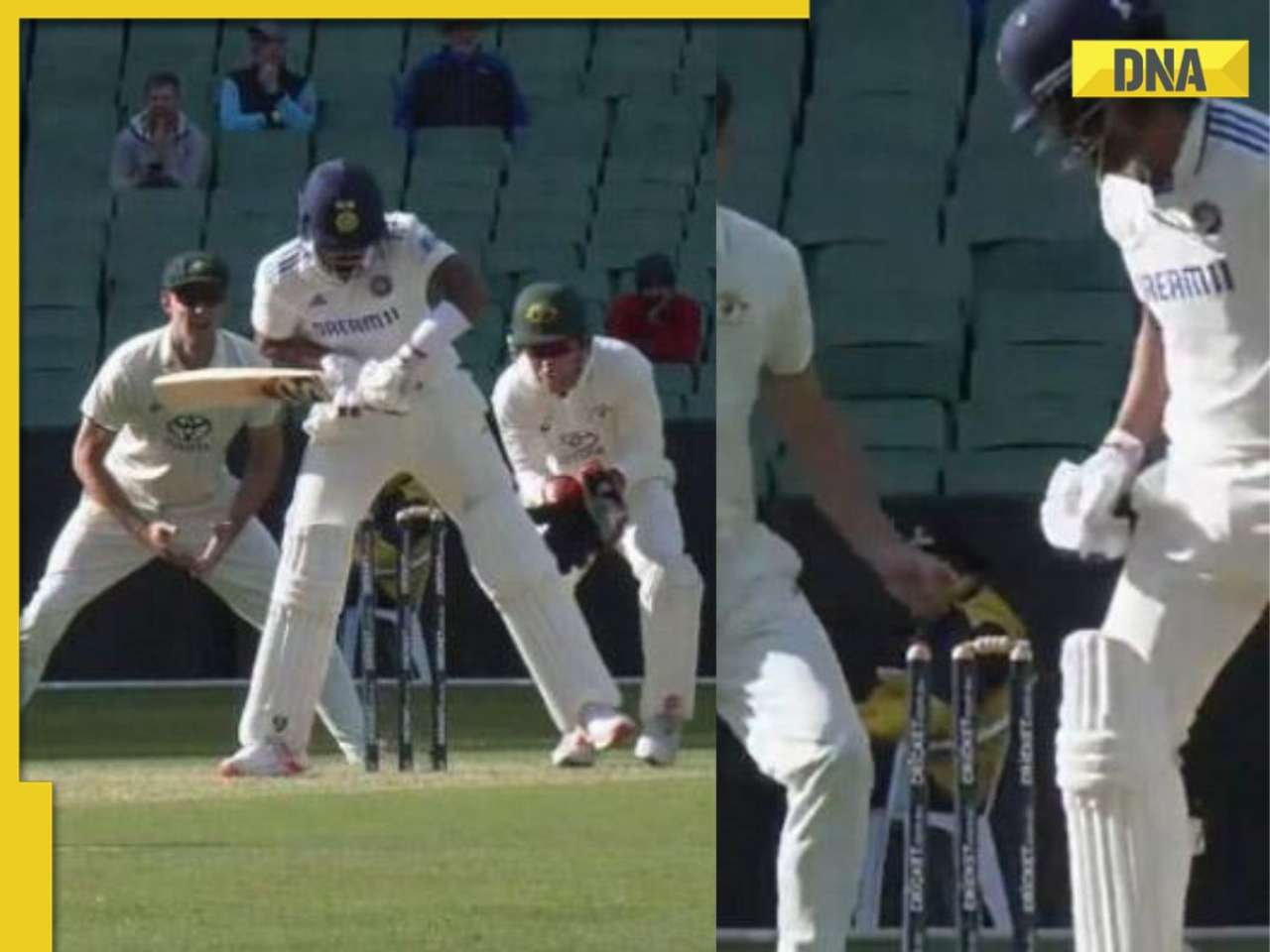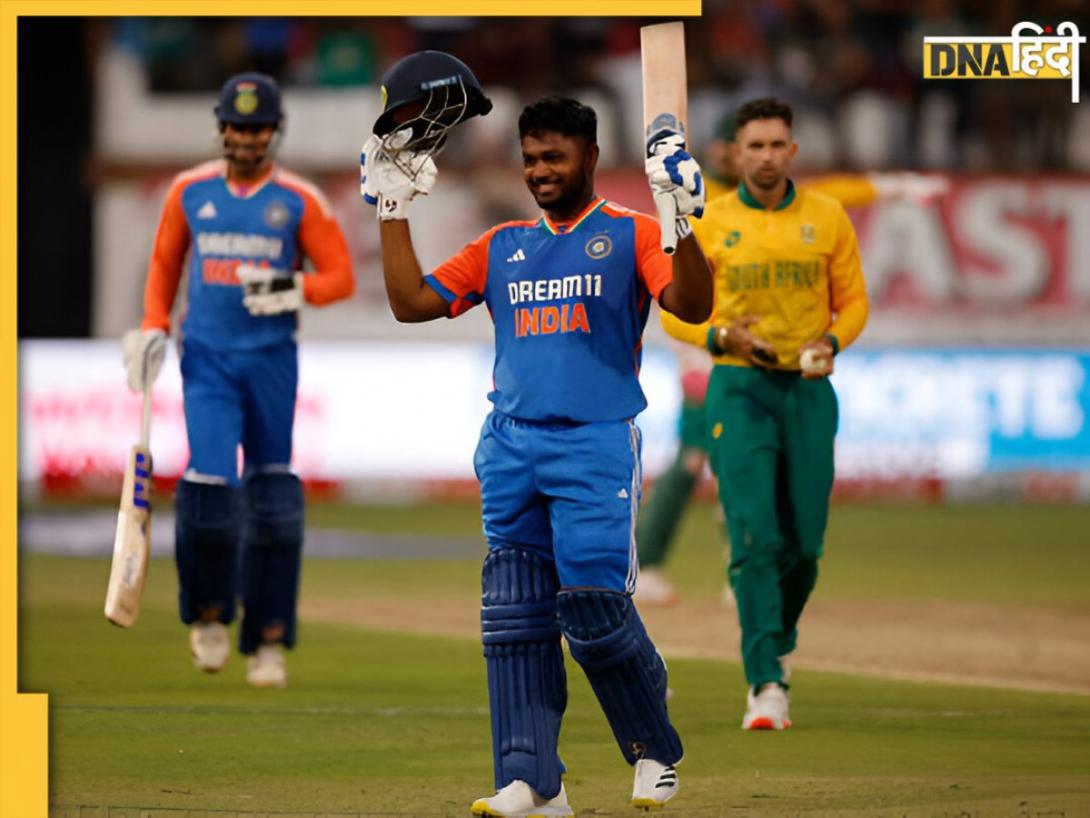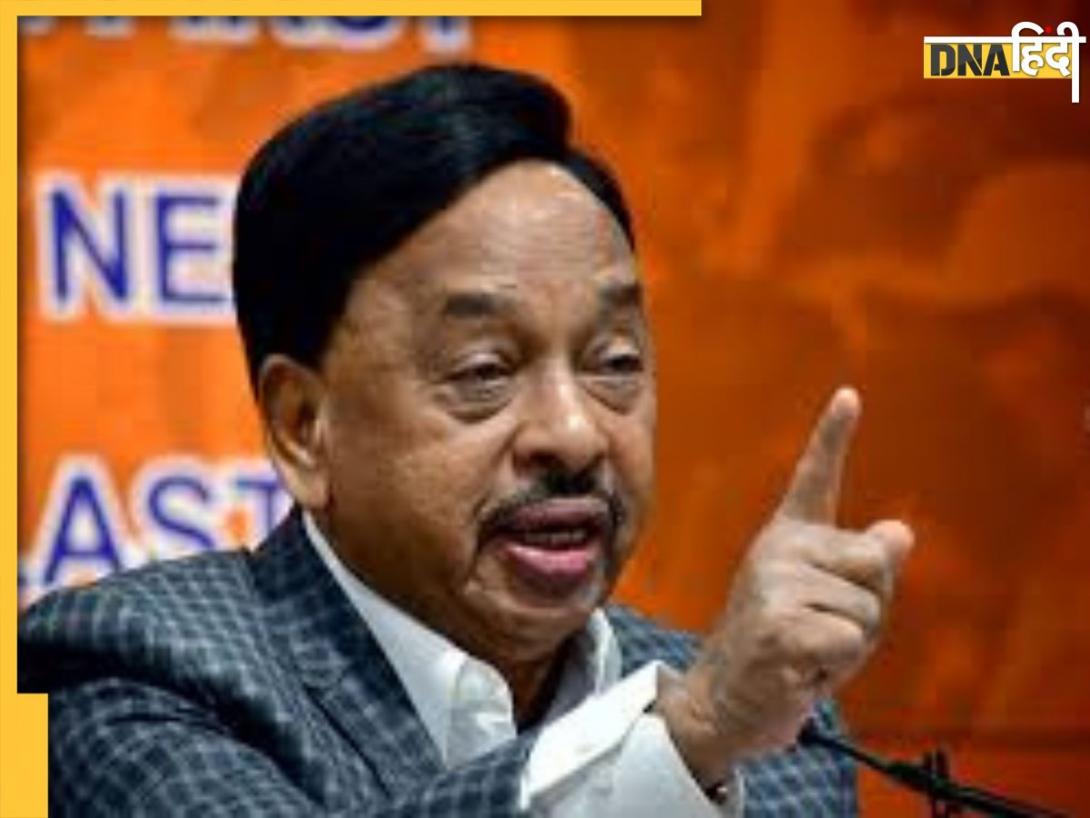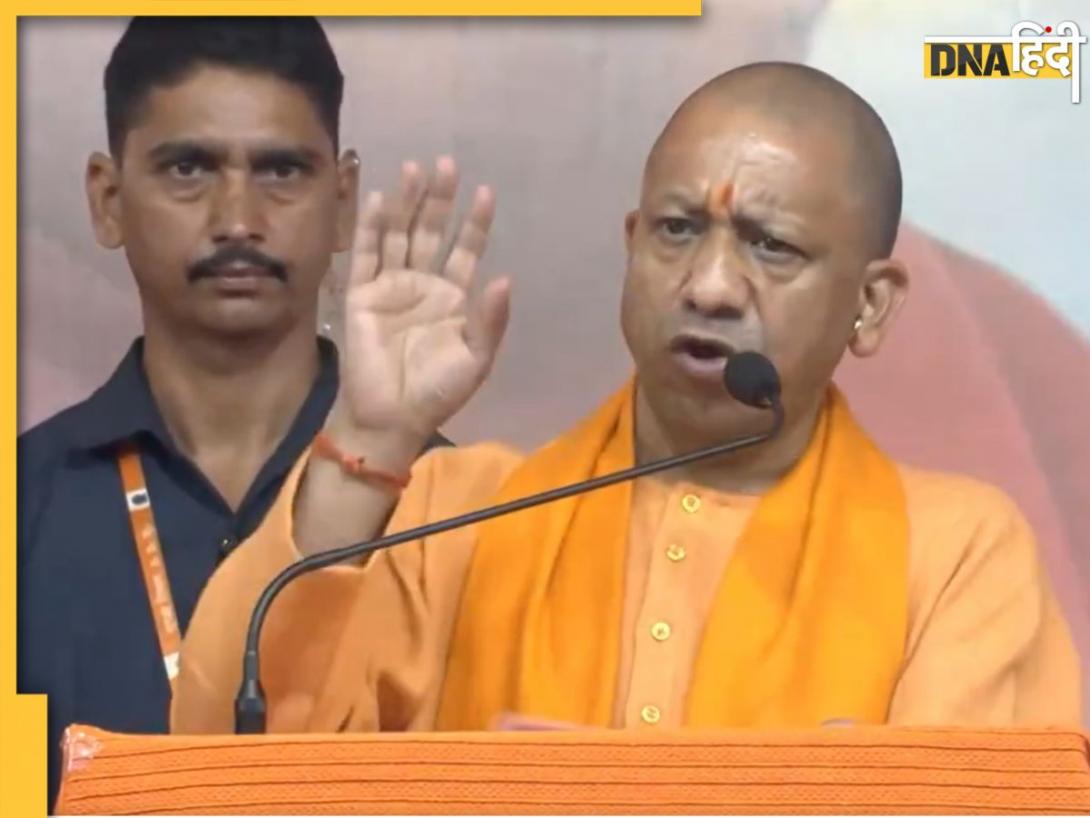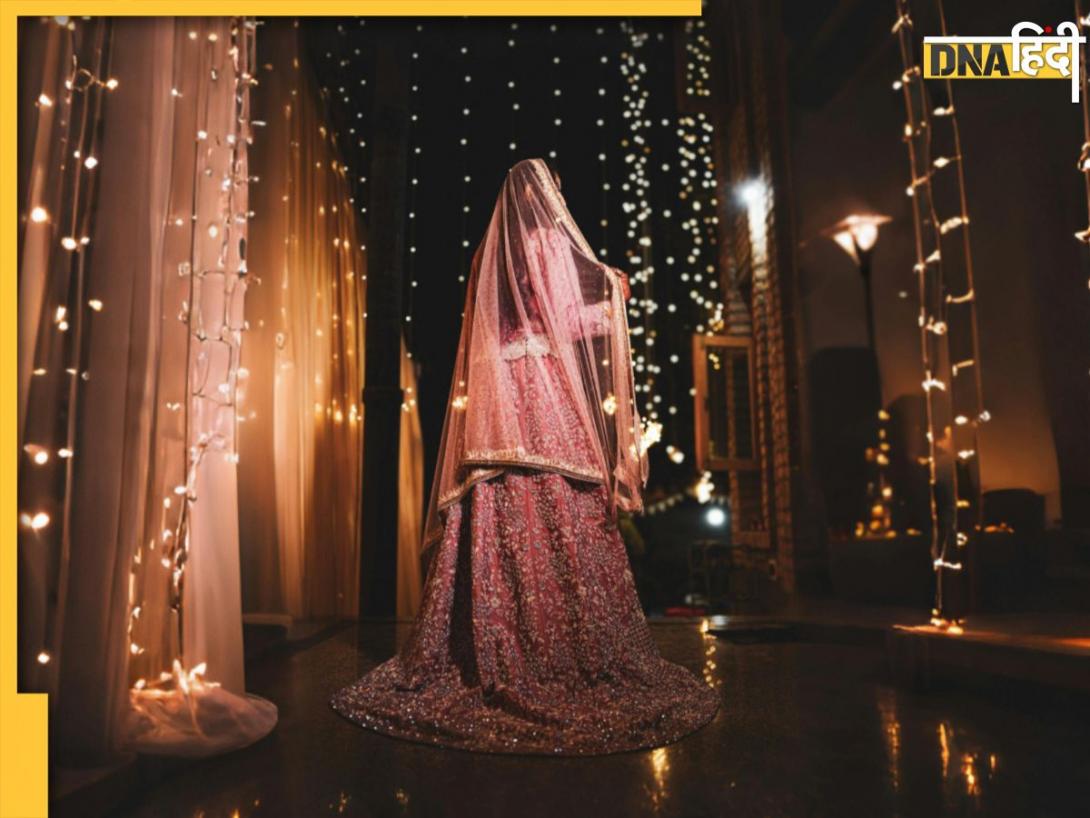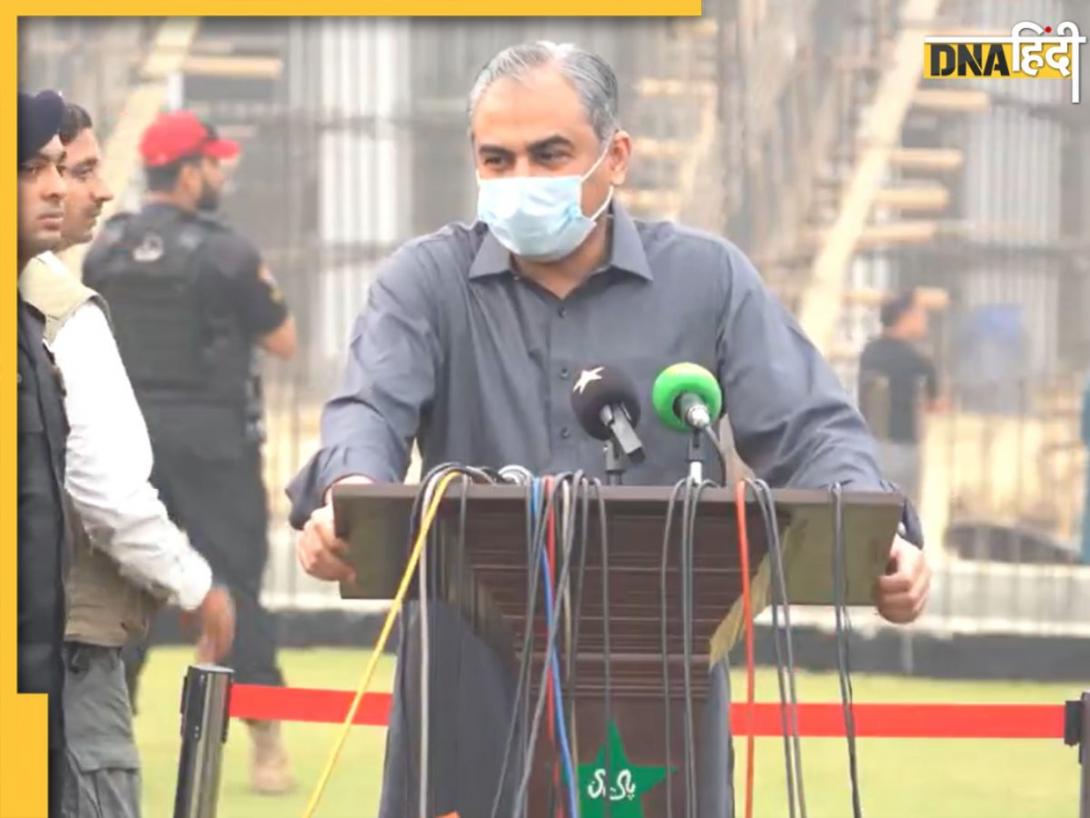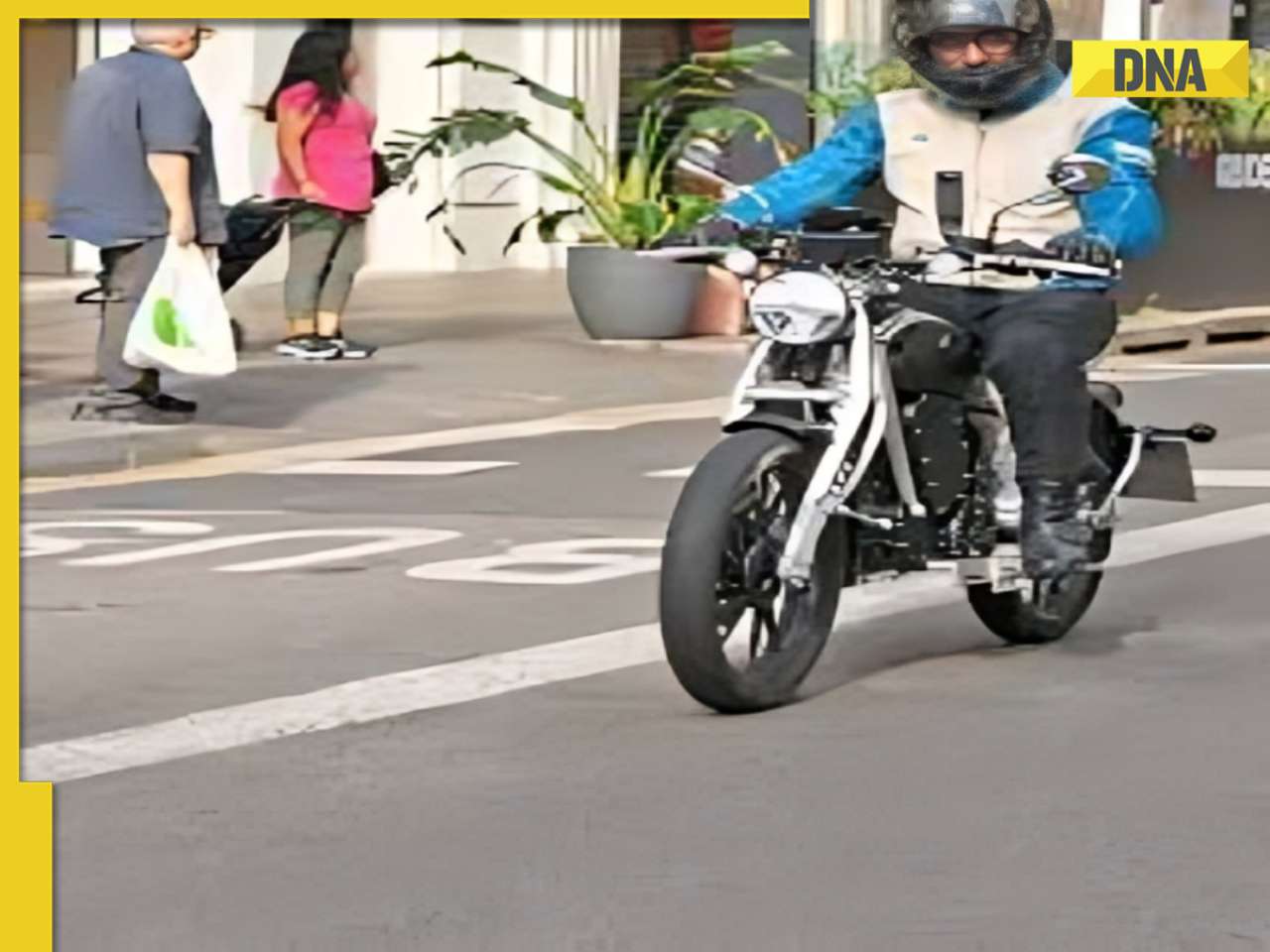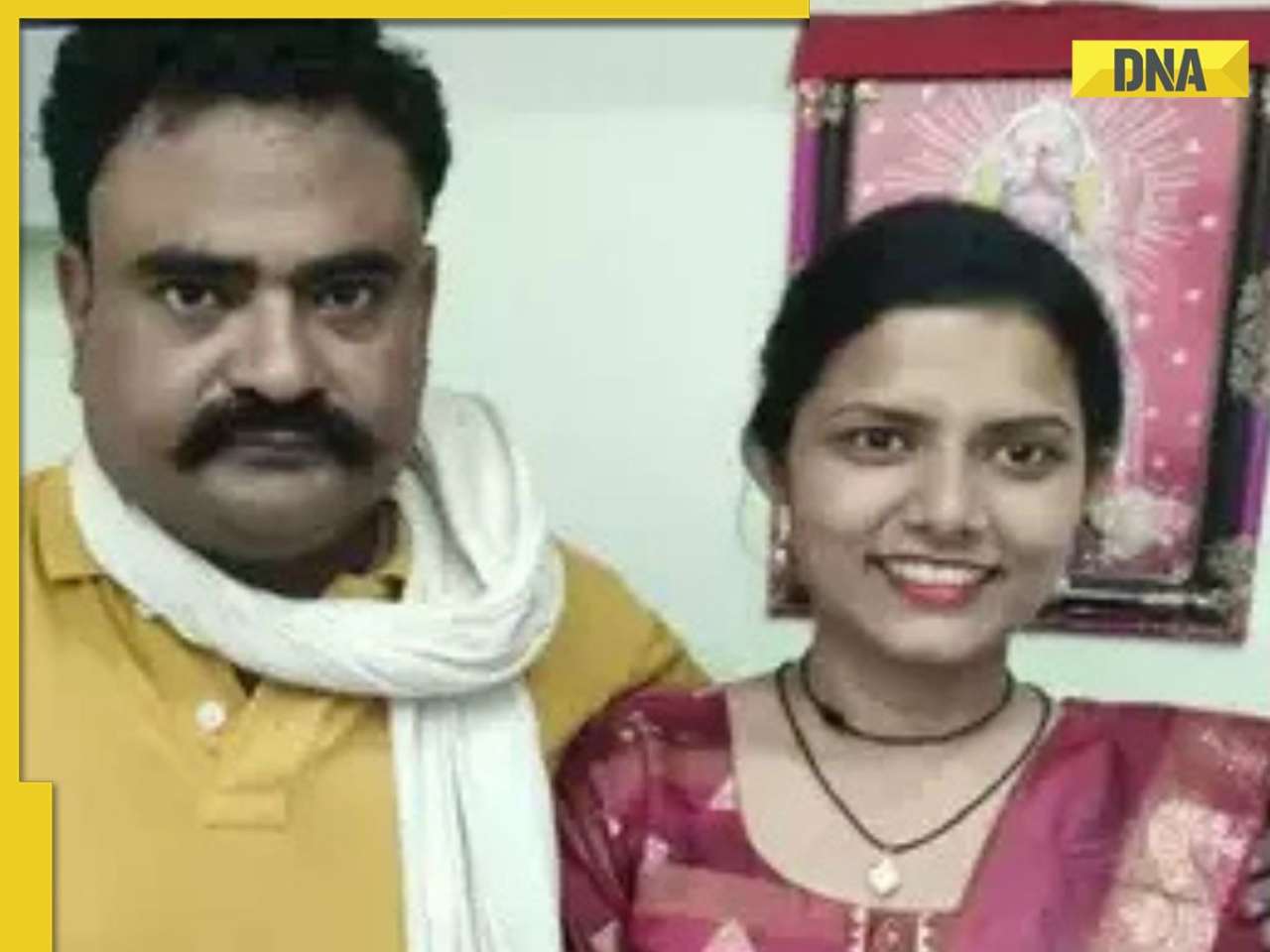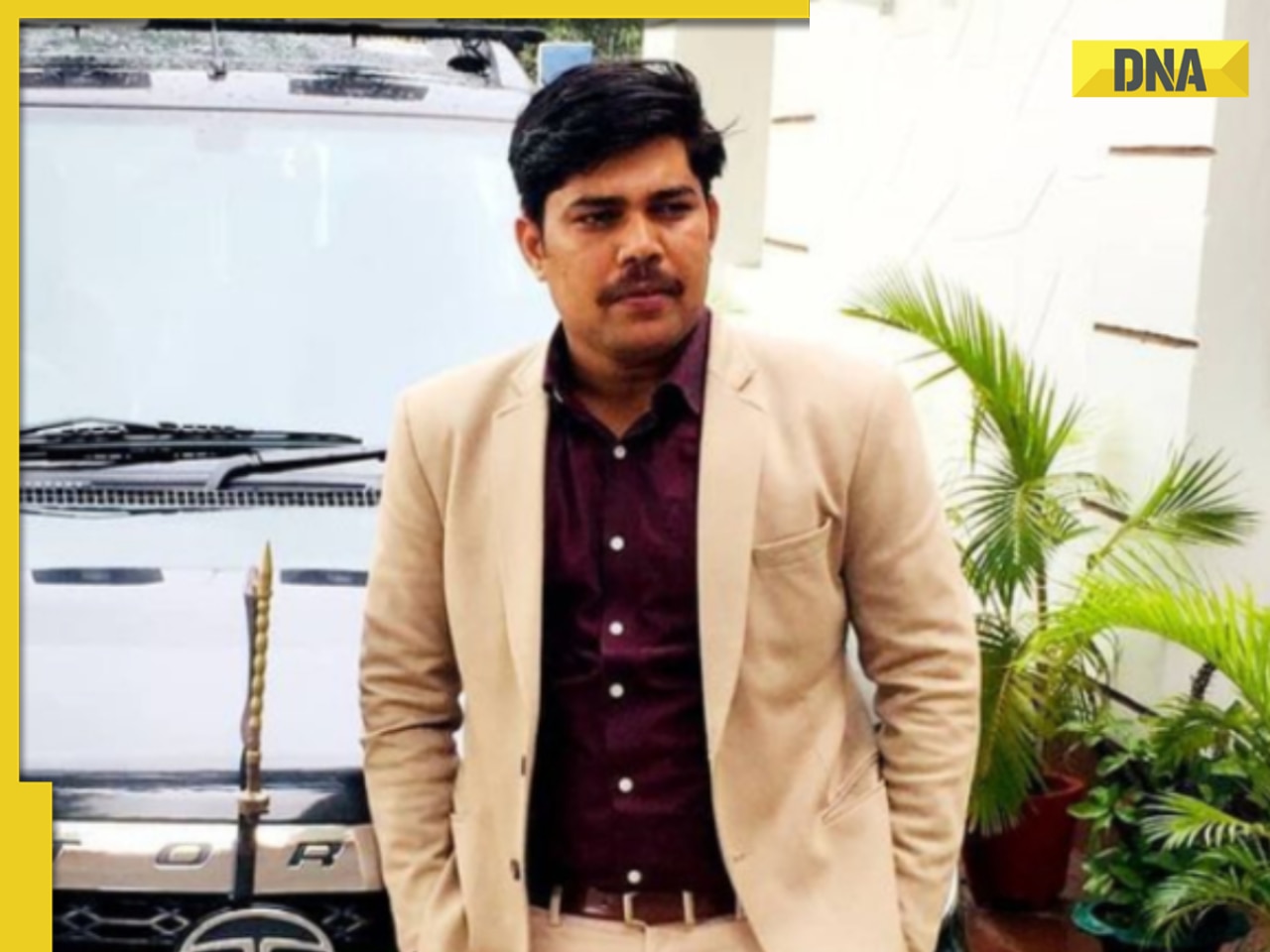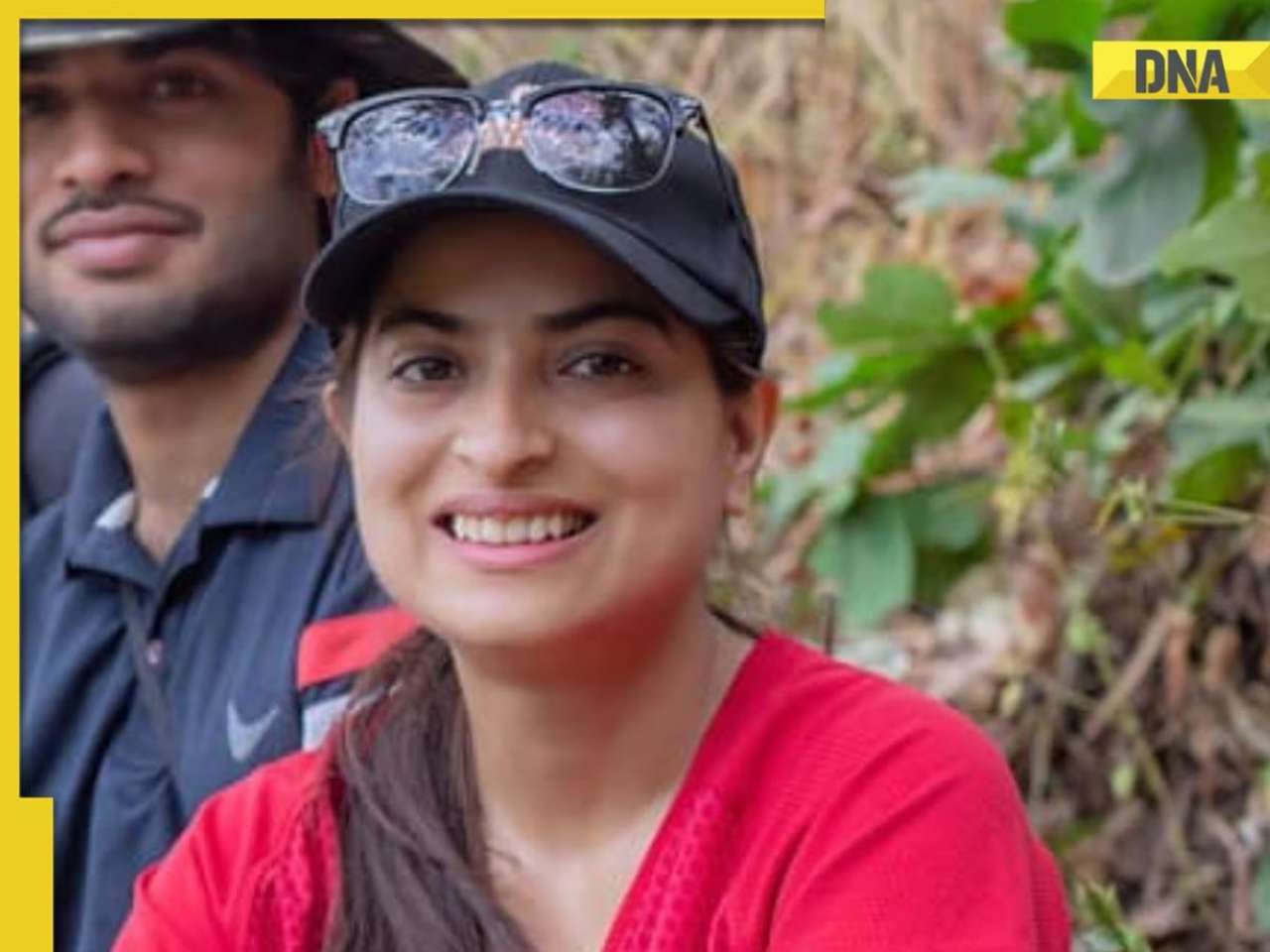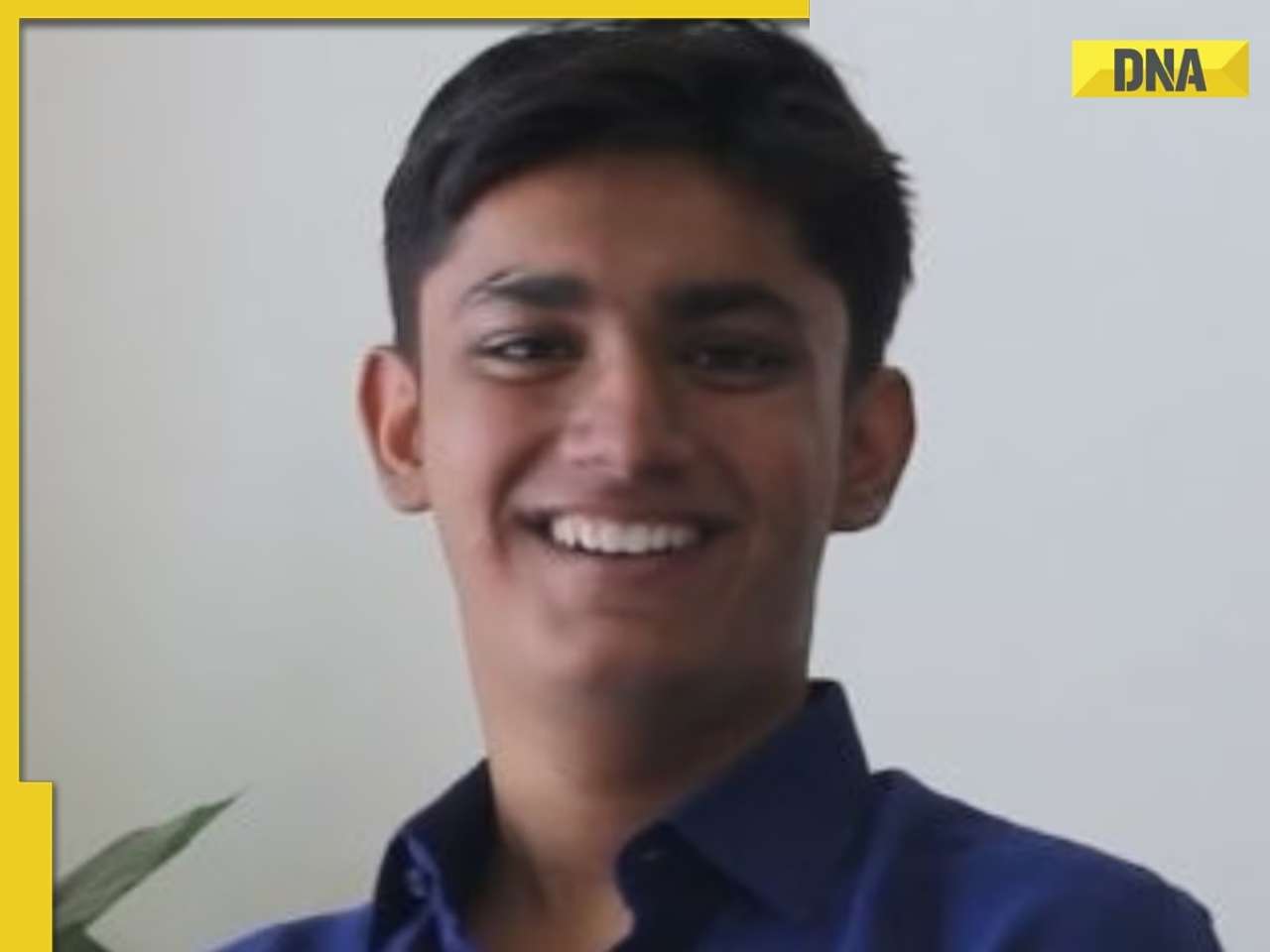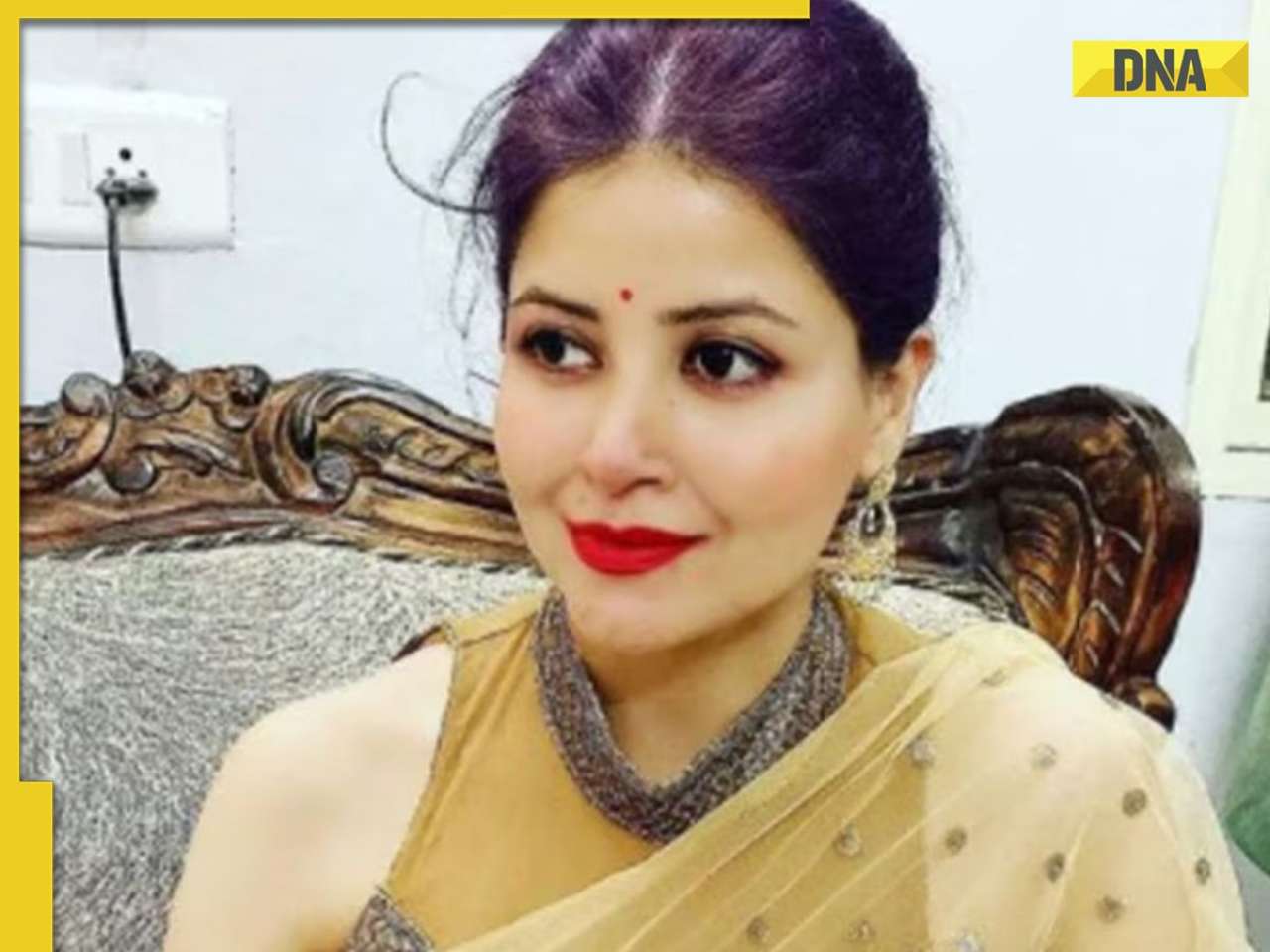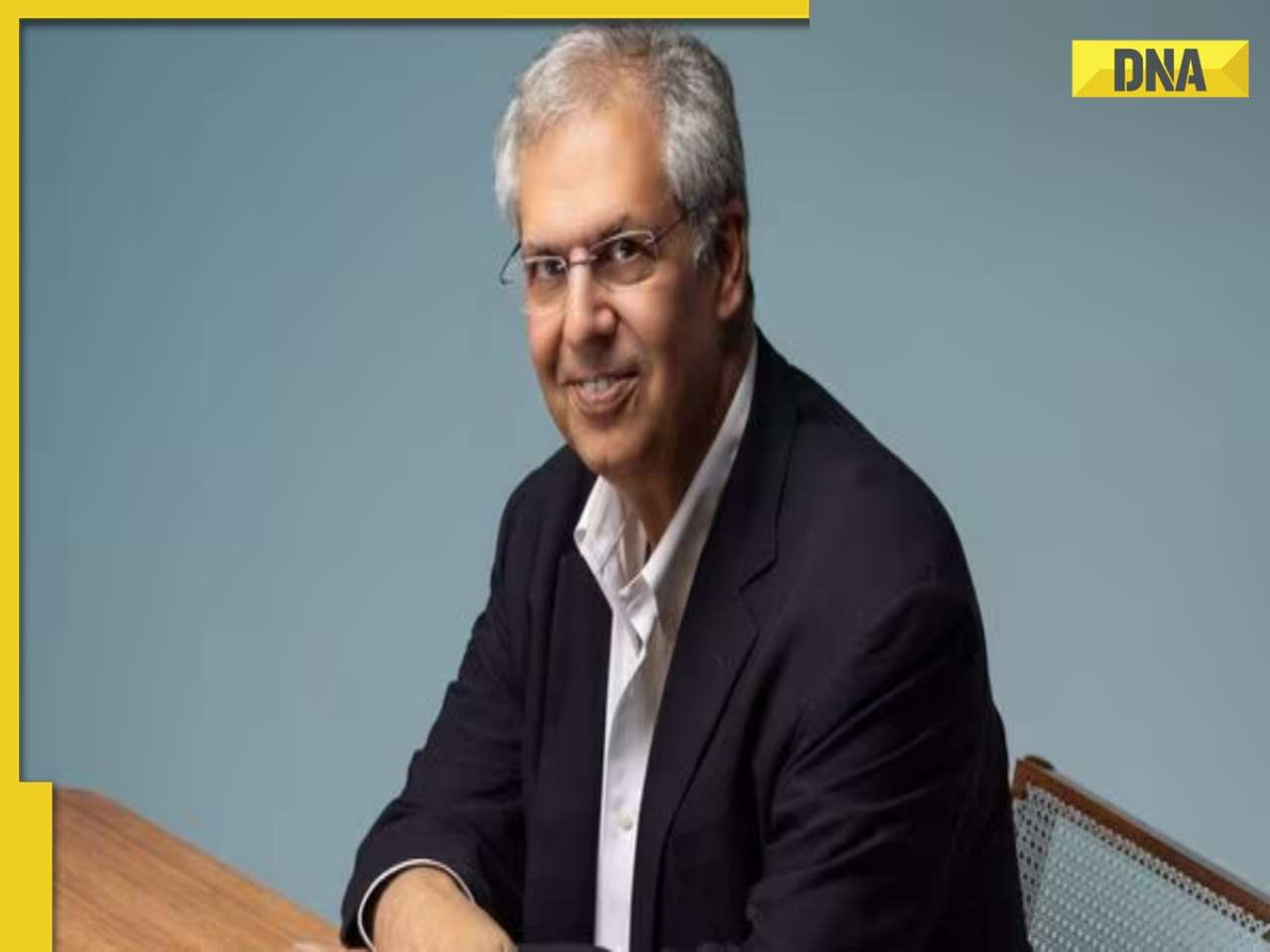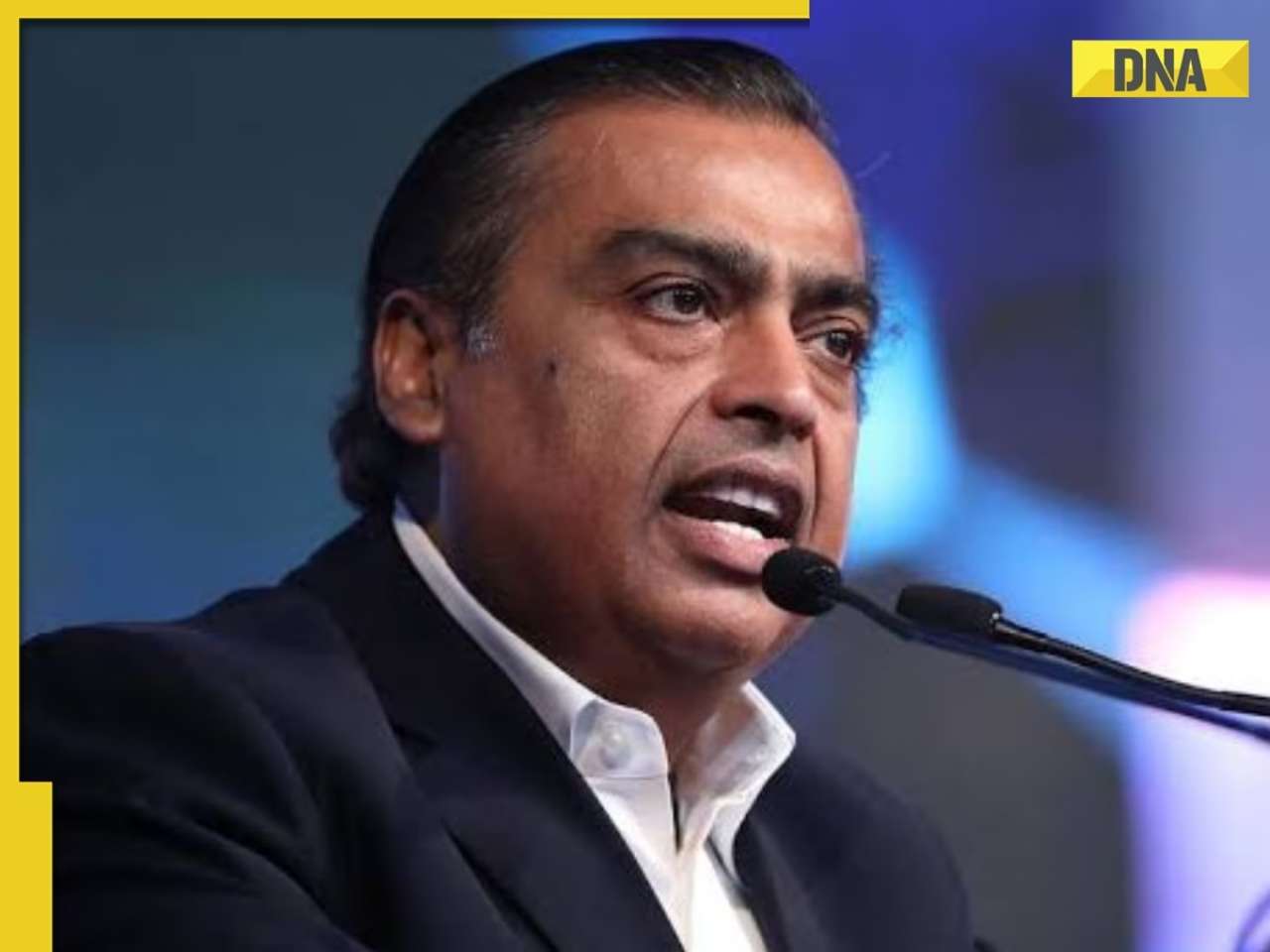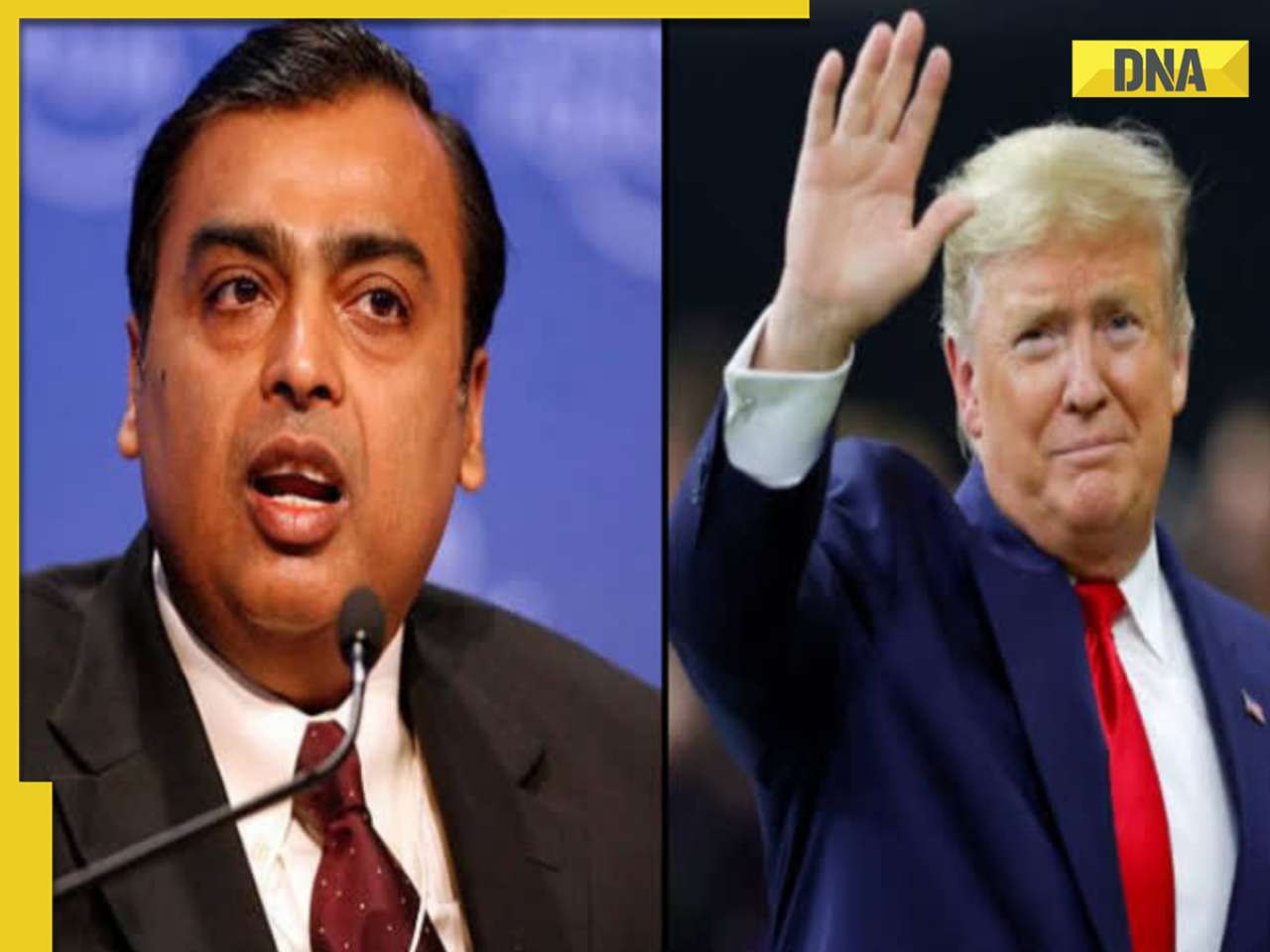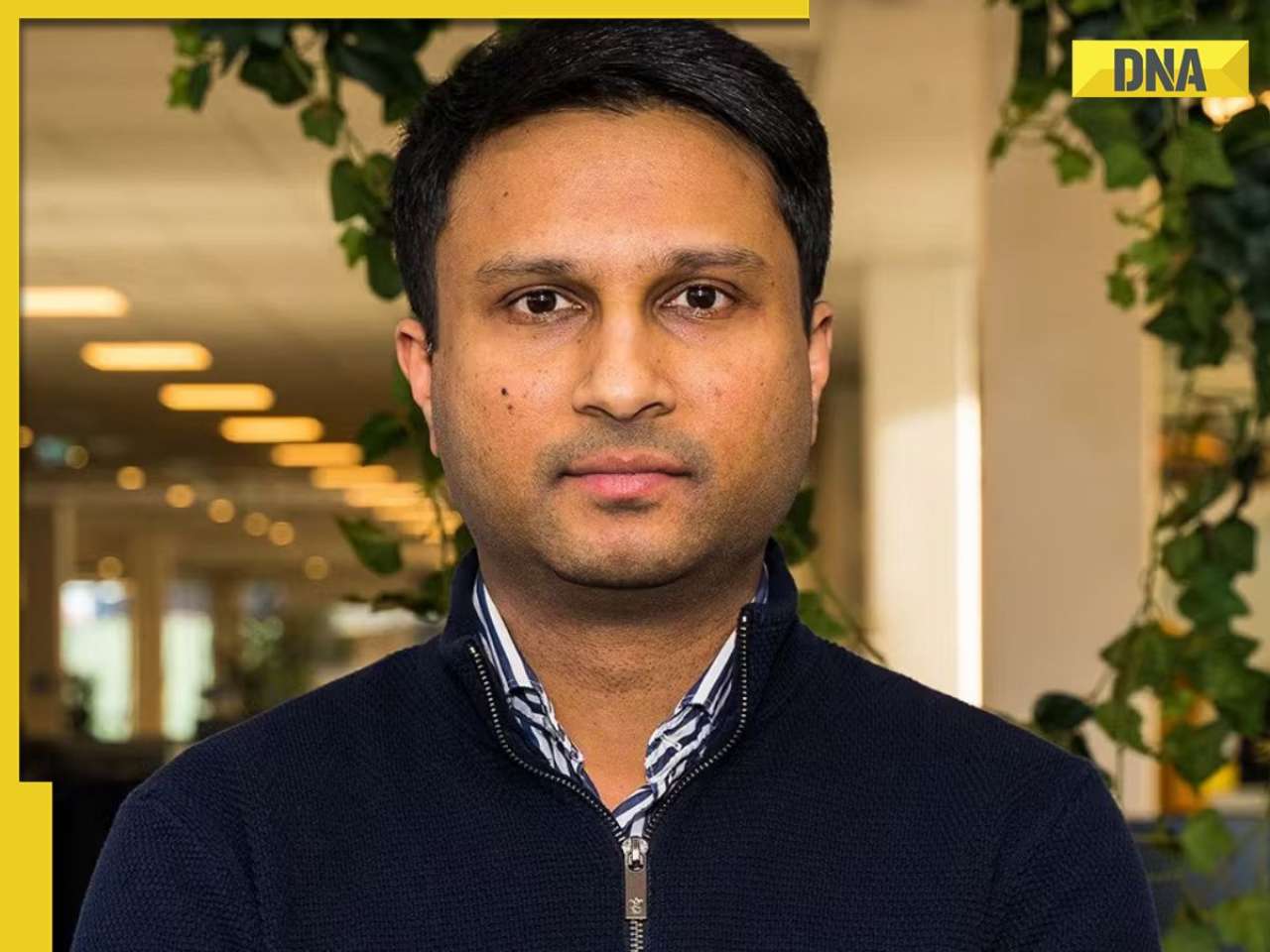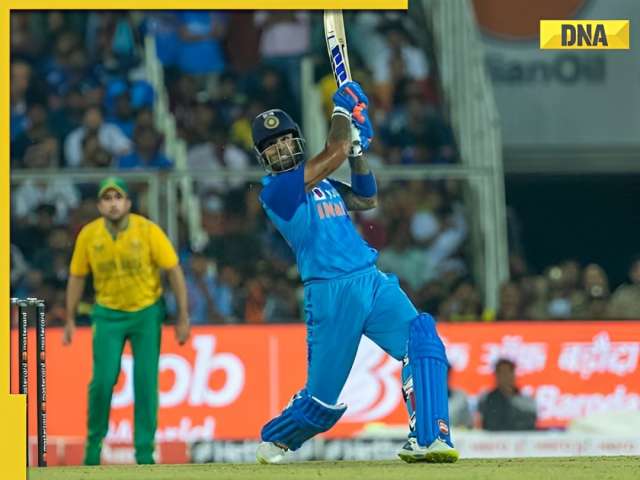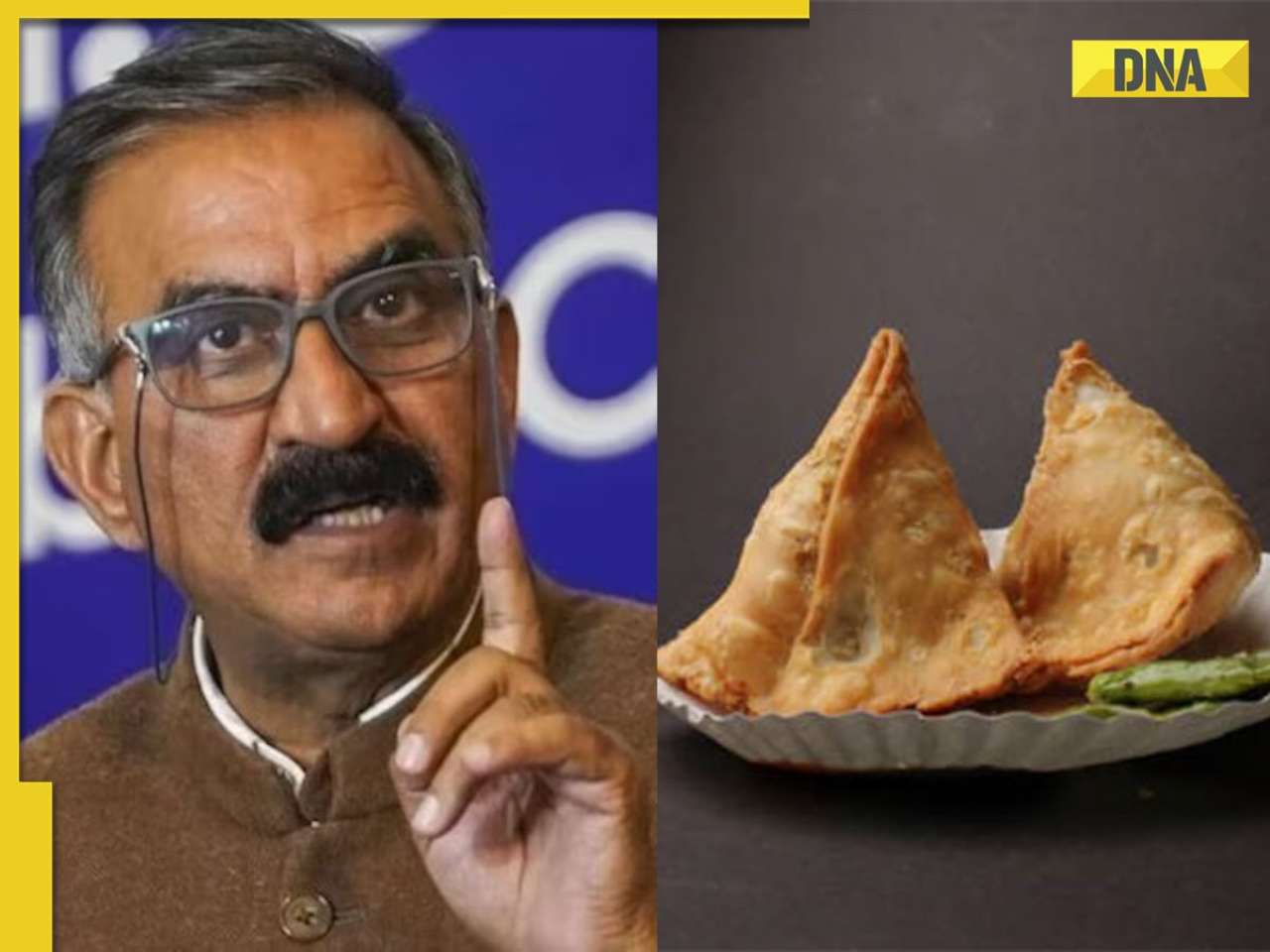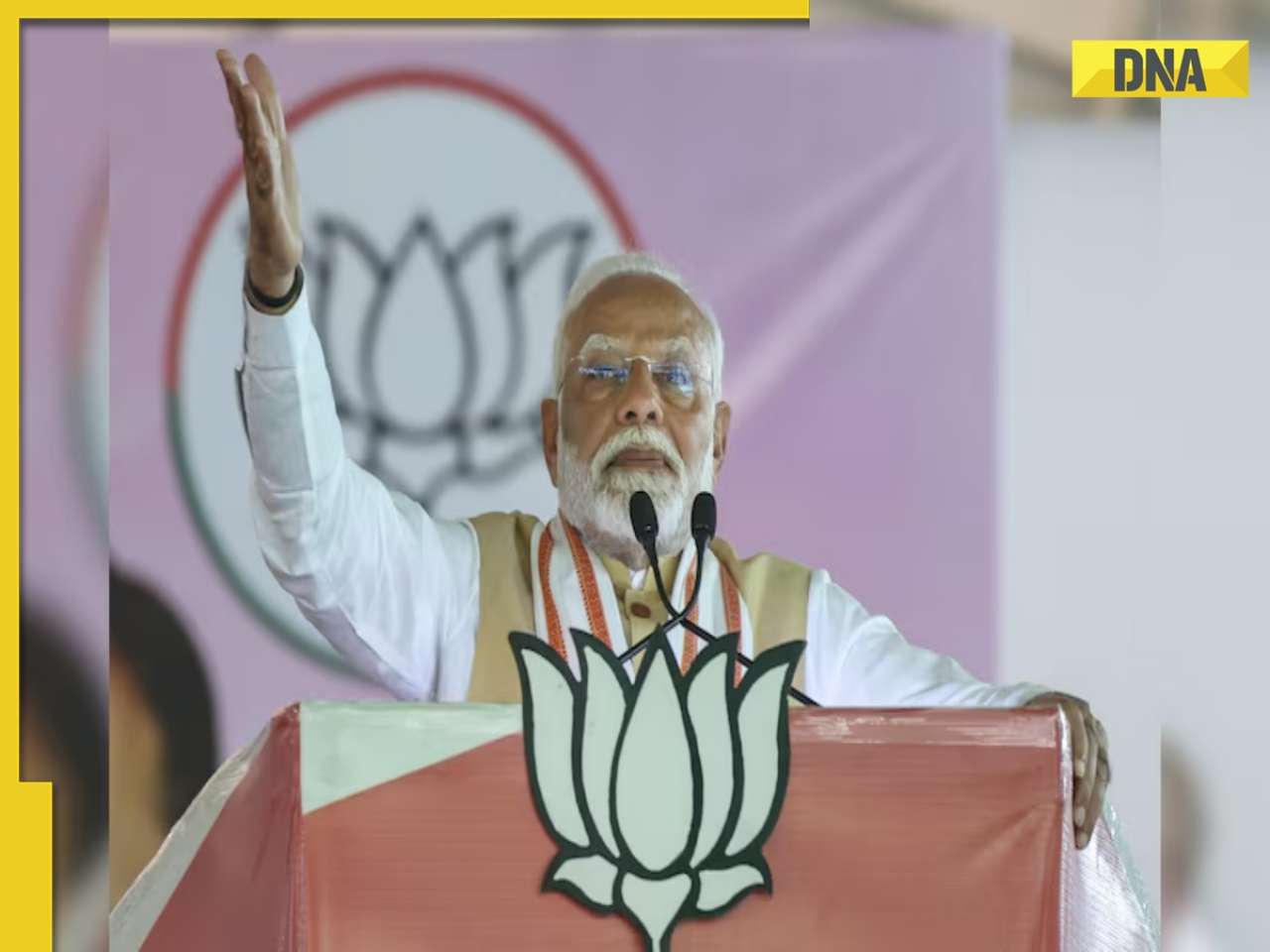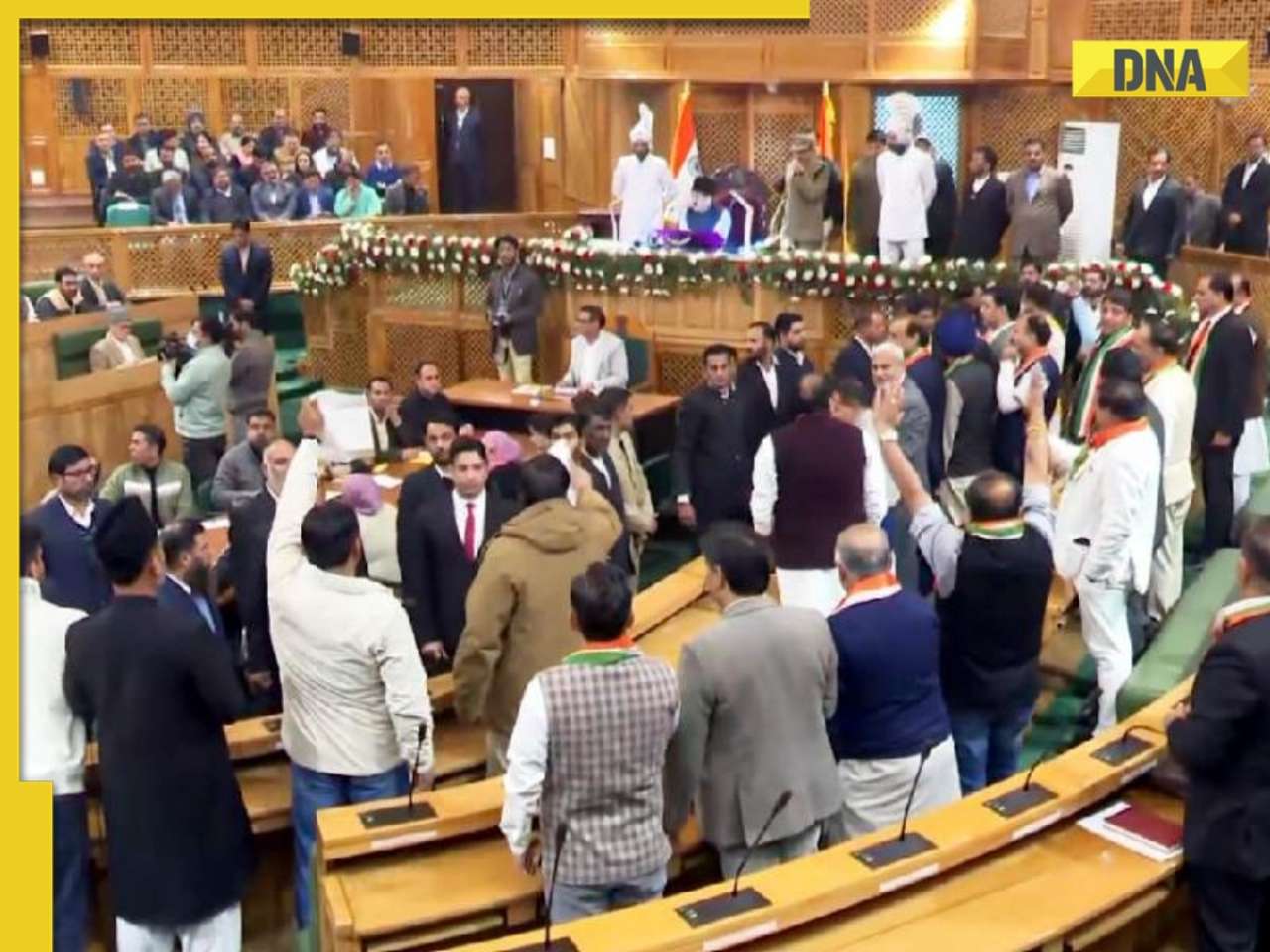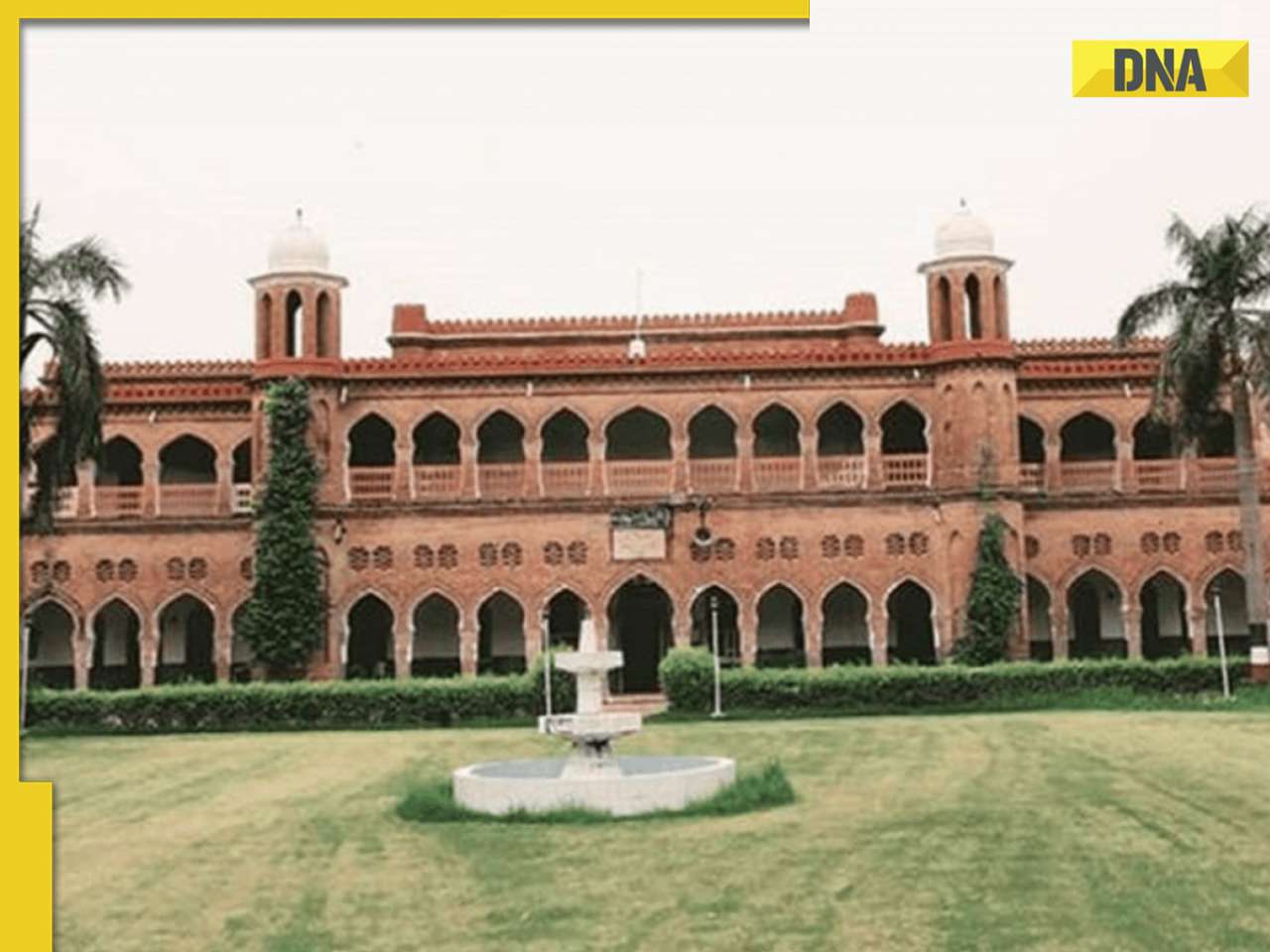- LATEST
- WEBSTORY
- TRENDING
ANALYSIS
International Democracy Day: Taking ownership of democracy
This Democracy Day, take ownership. Resolve to be informed. Resolve to be pro-active. Resolve to participate and resolve to include. Resolve to speak out and resolve to listen. “The world’s largest democracy” is an empty boast without our engaged citizenship.
TRENDING NOW
September 15 is International Democracy Day and the theme for this year is "Space for Civil Society", terribly important for many reasons, not the least being that democracy is first and last about “government by the people”. Civil society refers to the ways in which those people organise themselves to act together in groups, short of entering the political process.
Civil society is a platform where the government and the people interact. It is also an important means for their participation. The expectation seems to be that parliaments around the world will mark this day with some reflection, but surely a day for democracy belongs to the people and nothing less than that?
You might say that in a democracy, everyday should belong to the people. That sounds correct, but what does it mean?
The simplest expression of that belonging—the Facebook ‘like’ of democracy—is voting. In the last election in India, in 2014, 66.4% of the 83.41 crore eligible voters cast their vote. This was the highest turnout ever. Across India, except the south, voter turnout in cities showed an improvement over the pathetic numbers of previous state and local elections. In other words, in the last election, we seemed to have exercised considerable ownership over the process.
But what about that second marker of democratic citizenship— willingness to enter and participate in the political process? Although the countless aspirants that make up the political rank and file suggest otherwise, by and large we see a reluctance to enter the fray. When someone, neither born to the vocation nor drawn into activism as a youth, decides to contest an election we are always surprised. Underlying that surprise is our view of politics as an undesirable line of work. Power is always desirable of course, but with a realistic assessment of how many will actually enjoy power. We associate politics with the dissipation, corruption and other abuse of power. We rarely associate politics with public service. The Aam Aadmi Party’s slate last year was remarkable because they had inspired so many “ordinary,” “respectable” people to enter politics. Among those who contested election from AAP were prominent social and political activists like Medha Patkar and Dayamani Barla. The last time this happened was probably during the freedom movement.
Read: How we can transform youth activism into lasting civic engagement
The electoral process is only the beginning though— for both the government and the citizens in a democracy. We press for transparency in government, but as citizens, most of us do not have the time, the capacity, the ability or the interest to keep track of what the government is sharing with us. We rarely even take cognizance of information in the public domain, such as what bills are being debated on a given day. Quite naturally, most of us spend very little time thinking of what the government is not telling us. Nor do we go over government balance sheets with a fine-toothed comb. When the government presents its accounts to us, we are barely paying attention, leave alone asking questions. The most criminal form of negligence on our part is that we are content to let government actions go unquestioned for the most part. We think very little of the morality of politics, but we do not think enough about it to enforce any ethical standards on government.
This work falls to civil society. Standing between formal political processes and actors, and the large unorganised, amorphous, anonymous and apathetic mass called the citizenry, civil society picks up the slack on both sides. The development NGO sector takes the government’s work further. From polio vaccination drives to evangelising organic agriculture to running schools, their work starts where the state’s reach ends. This is also true of NGOs that organise neighbourhood cleanliness drives or neighbourhood watch in cities. The human rights NGO sector does what individual citizens are supposed to do in a democracy— monitor state actions, hold them to global human rights standards, ask questions relentlessly and hold governments accountable. That such NGOs should operate in an adversarial relationship with the state is natural; what is unfathomable in a democracy is that citizens should also regard them with suspicion.
It is very apt that we reflect on this irony on a Democracy Day devoted to reclaiming space for civil society. Human rights NGOs speak for us, and human rights defenders in such organisations devote their lives (at great risk) to the battles that we do not have the time or the resources for, but that secure the freedom we price. Governments are human rights predators, perhaps by their very nature, and without the checks and balances that Montesquieu wrote about centuries ago, would leave us no wriggle room on trivial choices such as what to wear and on important choices such as what to believe. The right to write this article would not exist without a human rights vanguard to defend it. And yet, when the chips are down, we believe what governments tell us about those who would defend us, and subject them to the scepticism and questioning to which we have no time to subject governments. It’s a political form of capture-bonding (Stockholm Syndrome), perhaps peculiar to democracies?
Also read: A handy guide to helping NGOs effect social change
But what of the government? Does it play no role in democratic politics? Is it merely the outcome of democratic processes? Is it a monster inimical to the rights and accountability that are integral to democracy?
Governments (politicians and bureaucracy) stay democratic by endeavouring for maximum transparency, believing themselves to be accountable and reaching out to people at every turn. They are also democratic when they are as diverse as society and therefore, representative of it. Recent field studies on women’s participation are making the point that participation (and representation) should be meaningful— that is, it is not enough to just elect or select people from all groups and sectors to be part of something, they should be taken seriously and listened to carefully.
Government outreach to the public has two parts. First, when a citizen needs clarification about processes or decisions, or information, there should be a place they can go to and actually get answers. Helplines, an ombudsman (Lokpal), information officers and the Right to Information are part of this. Through this mechanism, citizens do not just figure procedures (getting a voter ID, for example) out for themselves but are also able to hold the government responsible (“hamara paisa, hamara hisaab” as Aruna Roy likes to quote). Second, before the government embarks on small or large schemes—tree demolition in a neighbourhood, infrastructure projects that cut through residential communities, large dams in a river valley, land acquisition or nuclear power plants—they should ask local people what they think. No excuse (“people are ignorant” or “nobody will come to a meeting”) is acceptable in the absence of effort. It may be that a government gazette notice will reach no one and therefore, meet with zero citizen expression of interest. This is where civil society, in the form of residents’ or neighbourhood associations, can help. There are also NGOs able to take technical information to the public and able to facilitate dialogue. But government should be willing to reach out to them without feeling a loss of prestige or power.
Voting is just the beginning. A polity is democratic when citizens, civil society and government are able to keep vigil and cooperate with each other simultaneously. Like a schoolkid’s braid, it is in the equal weightage and the even intertwining of the three strands that its beauty (and lasting value) lies— and as all strands in a braid are made up of hair, so are all strands in a democracy made up of and dependent on people. These people, we have always been told, get the government they deserve and nowhere is that truer than in the case of a democracy.
This Democracy Day, take ownership. Resolve to be informed. Resolve to be pro-active. Resolve to participate and resolve to include. Resolve to speak out and resolve to listen. “The world’s largest democracy” is an empty boast without our engaged citizenship.
Swarna Rajagopalan is a political scientist by training. She is also the founder of The Prajnya Trust, whose public education mandate extends to peace and citizenship.
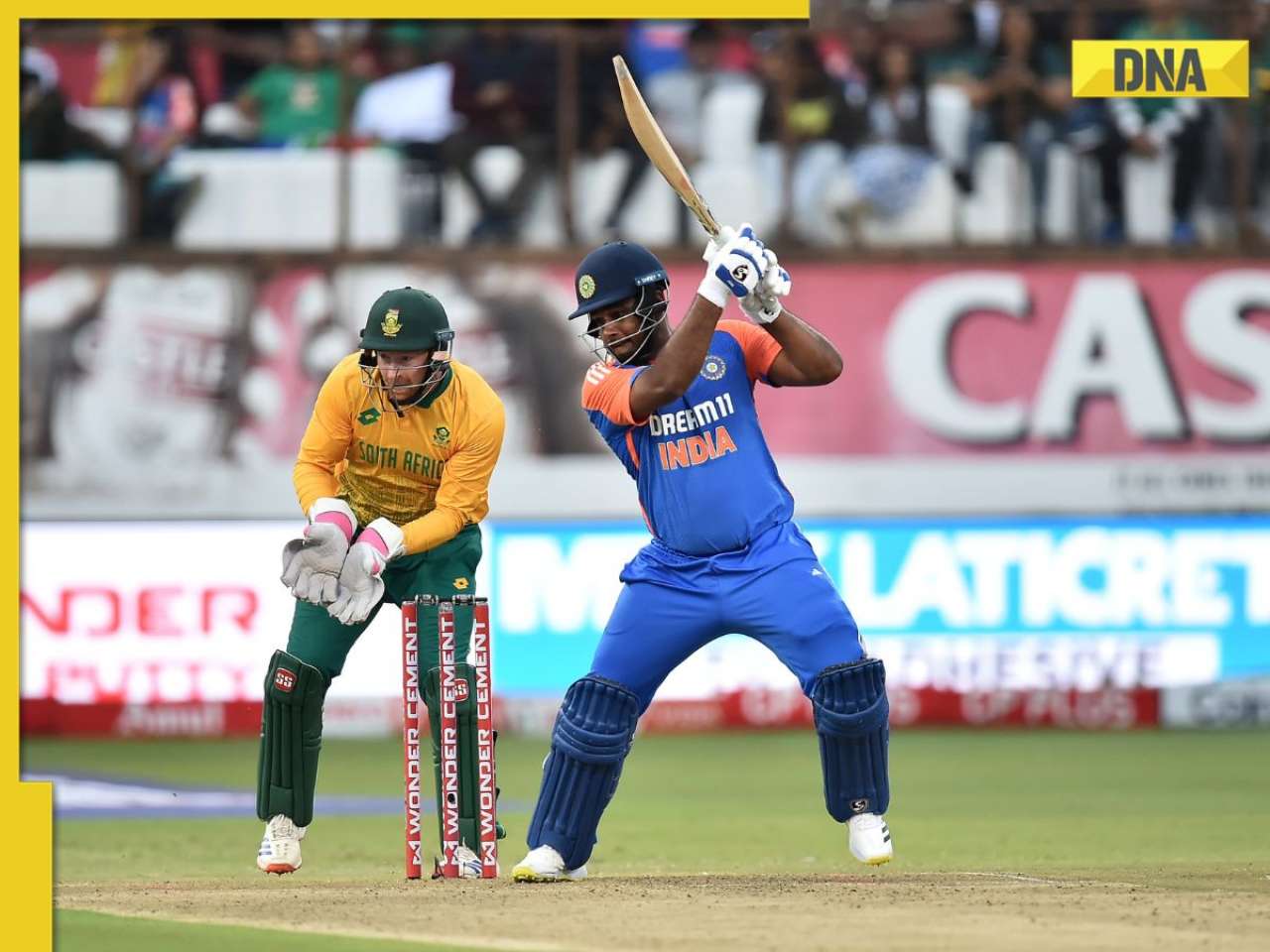
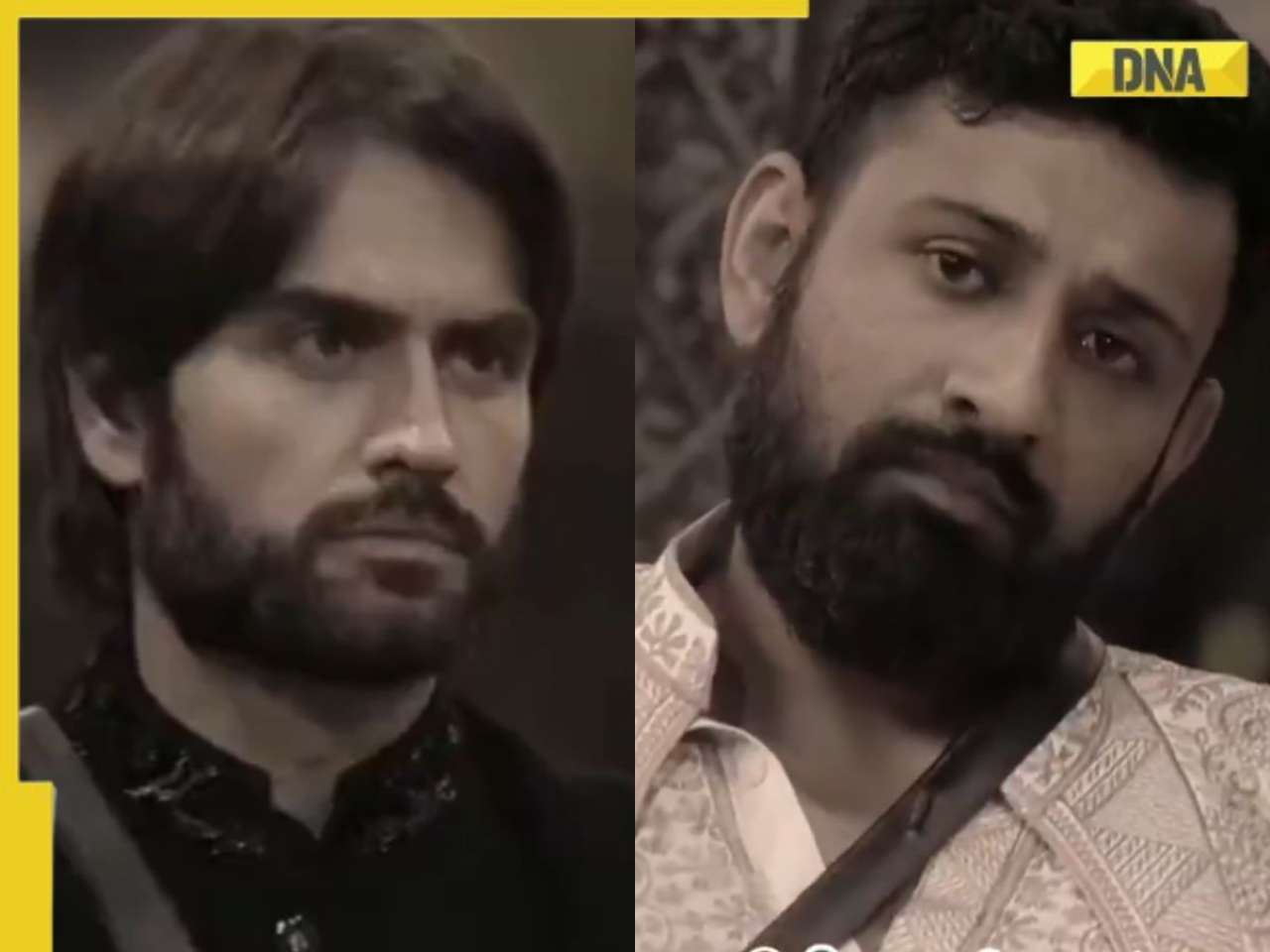
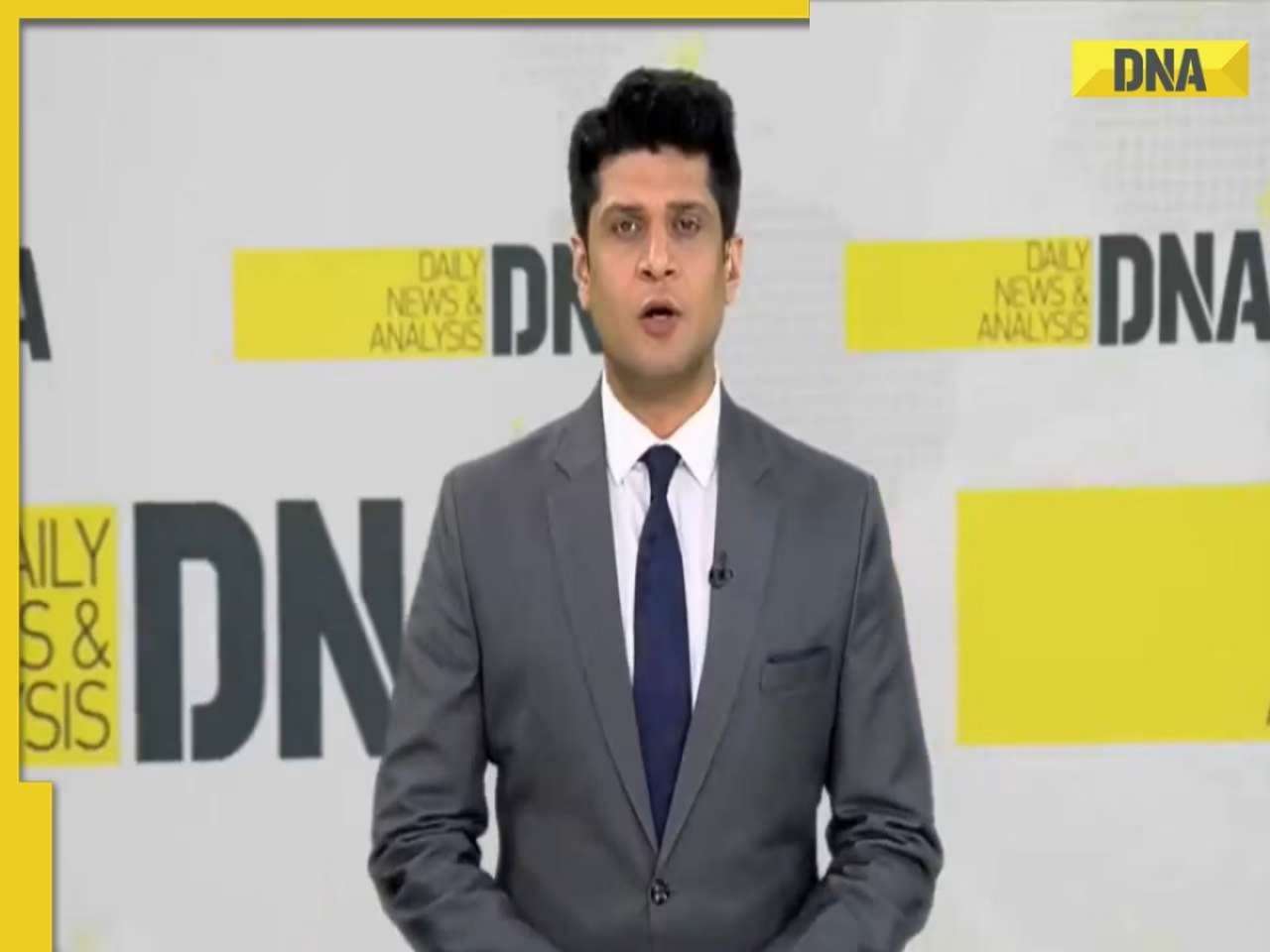
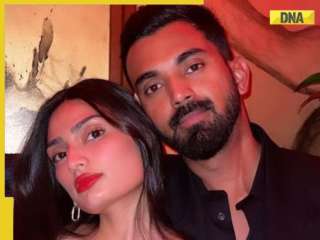
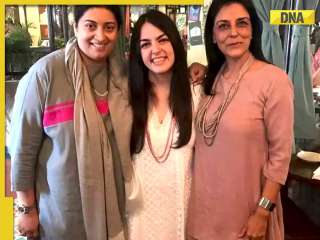
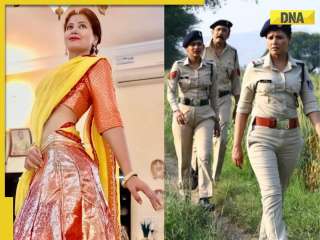
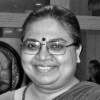
)
)
)
)
)
)
)
)
)
)
)
)
)
)
)
)





